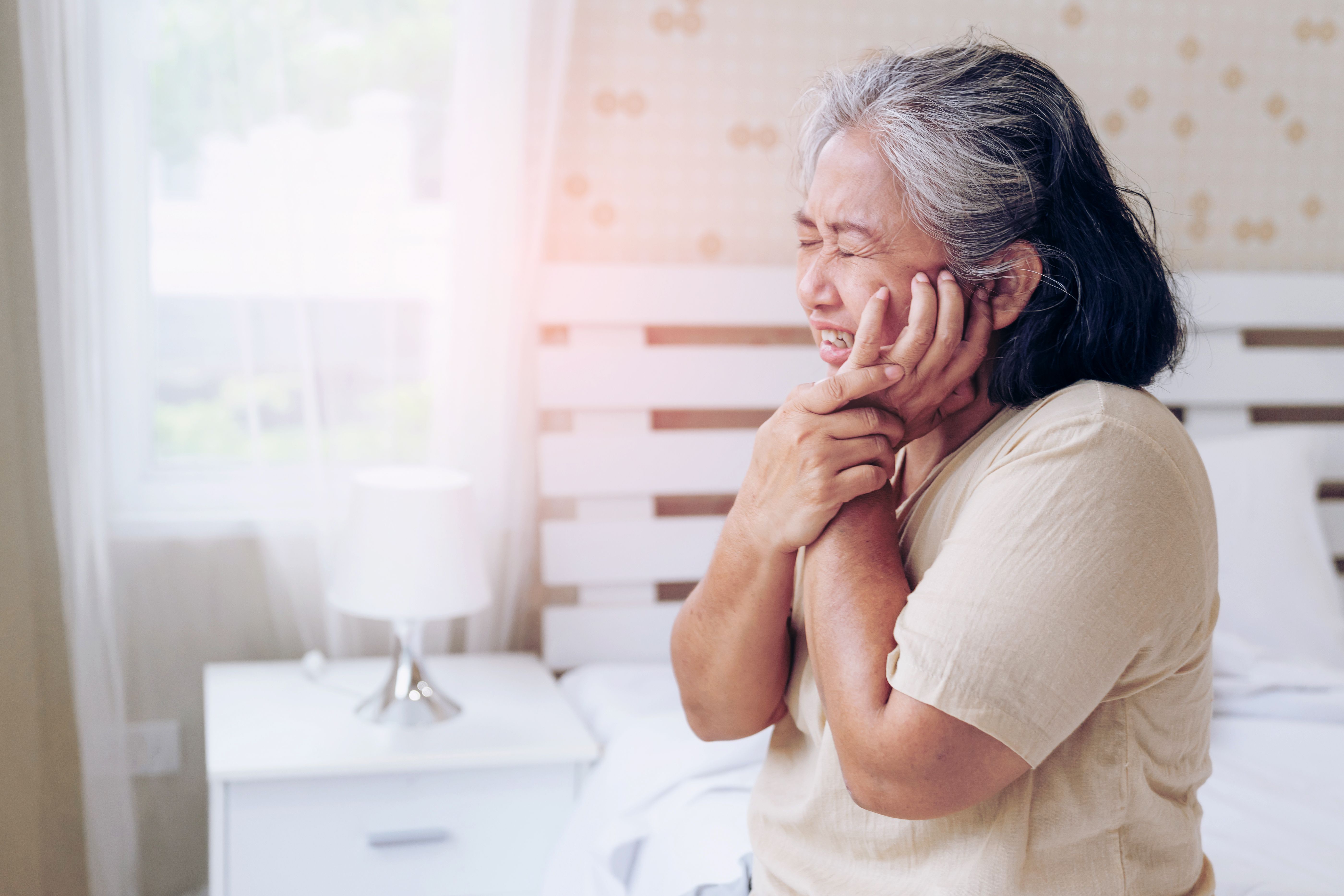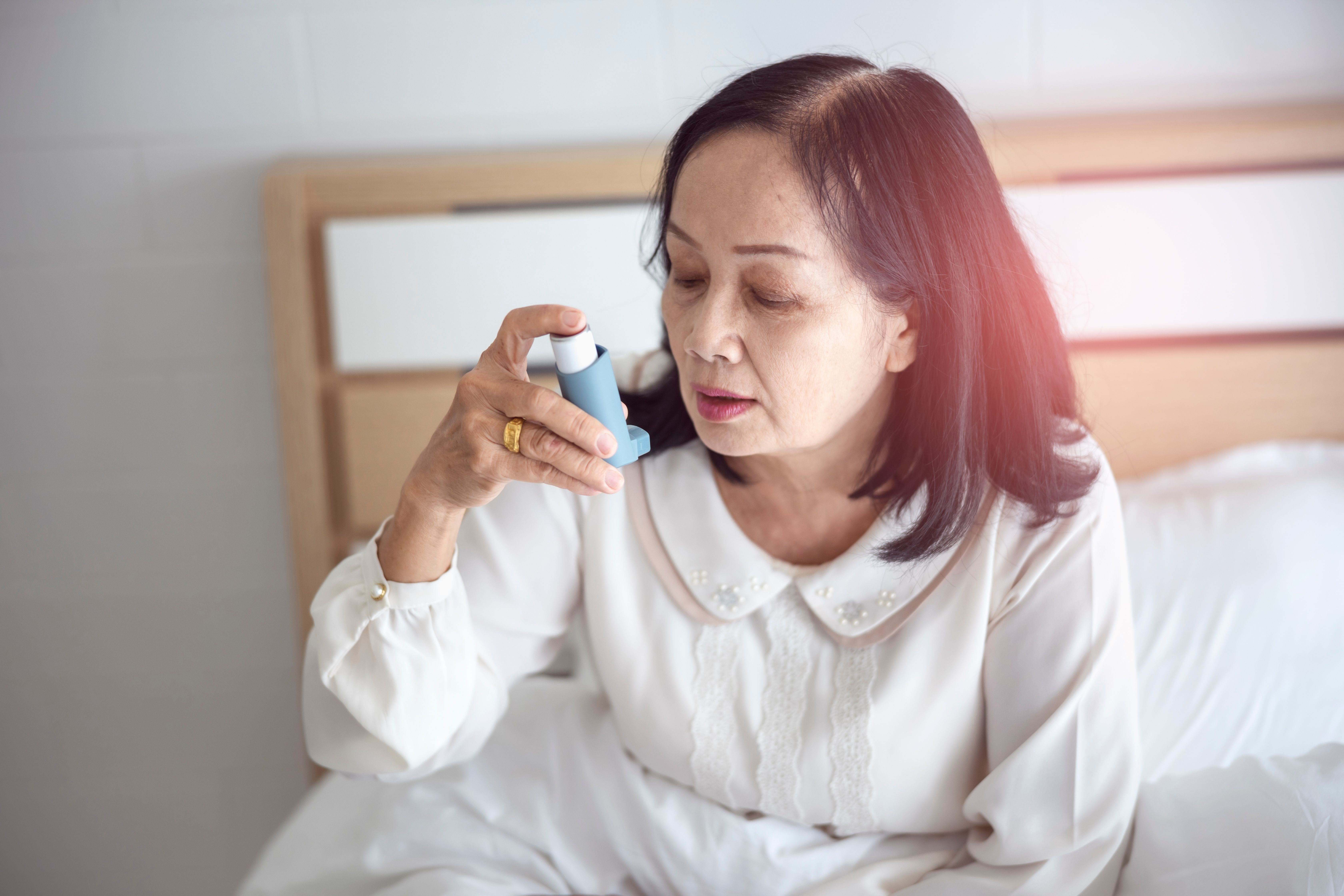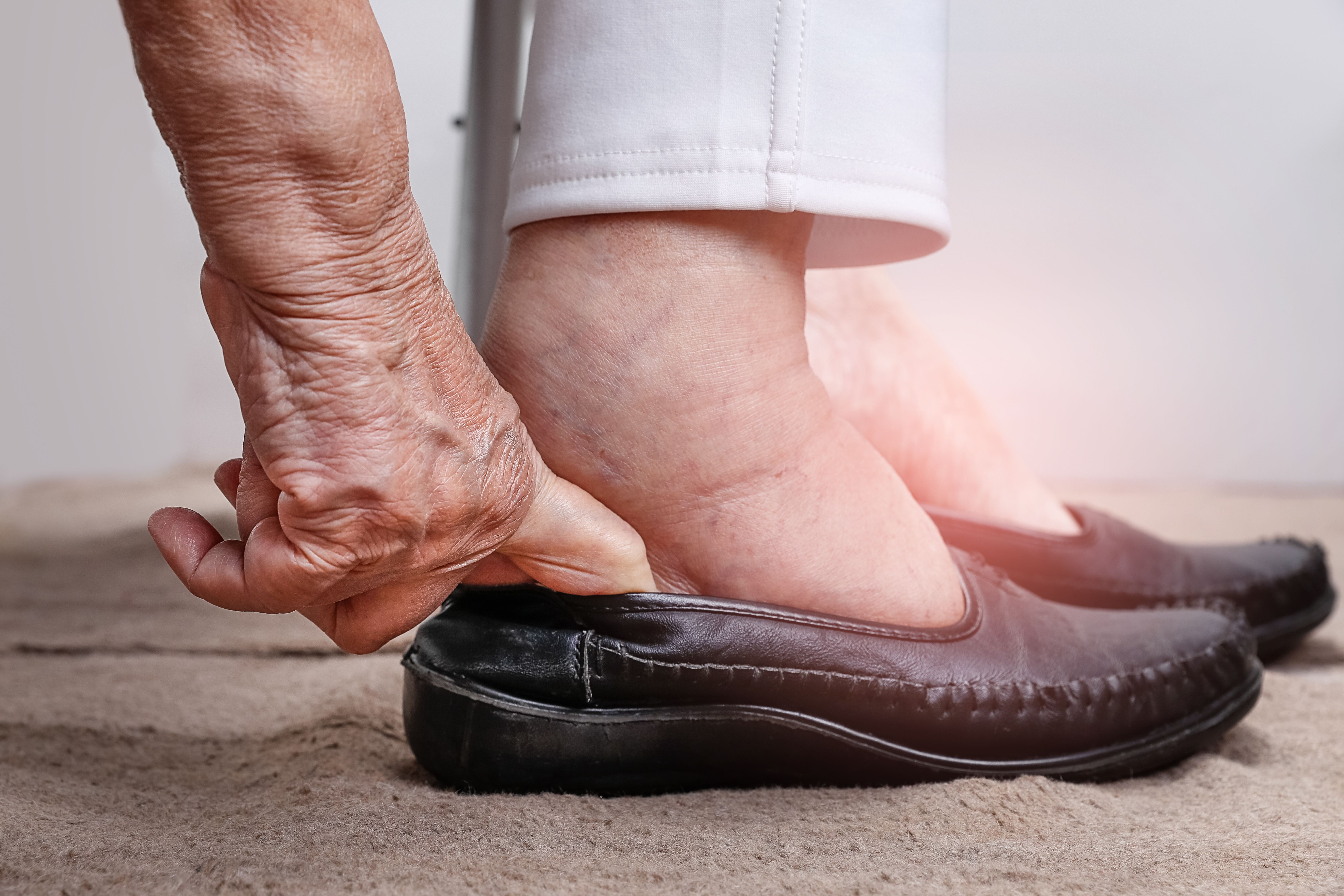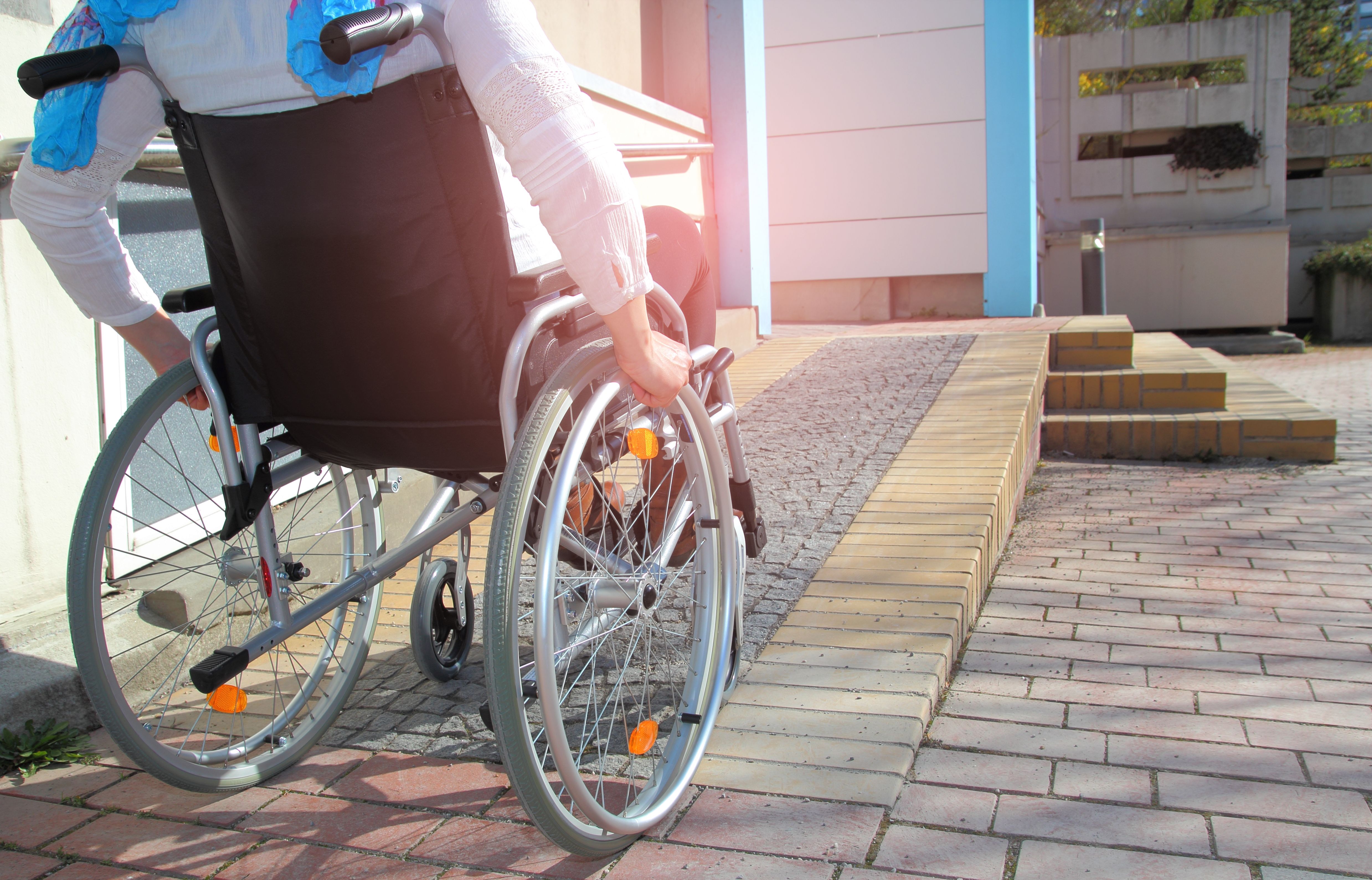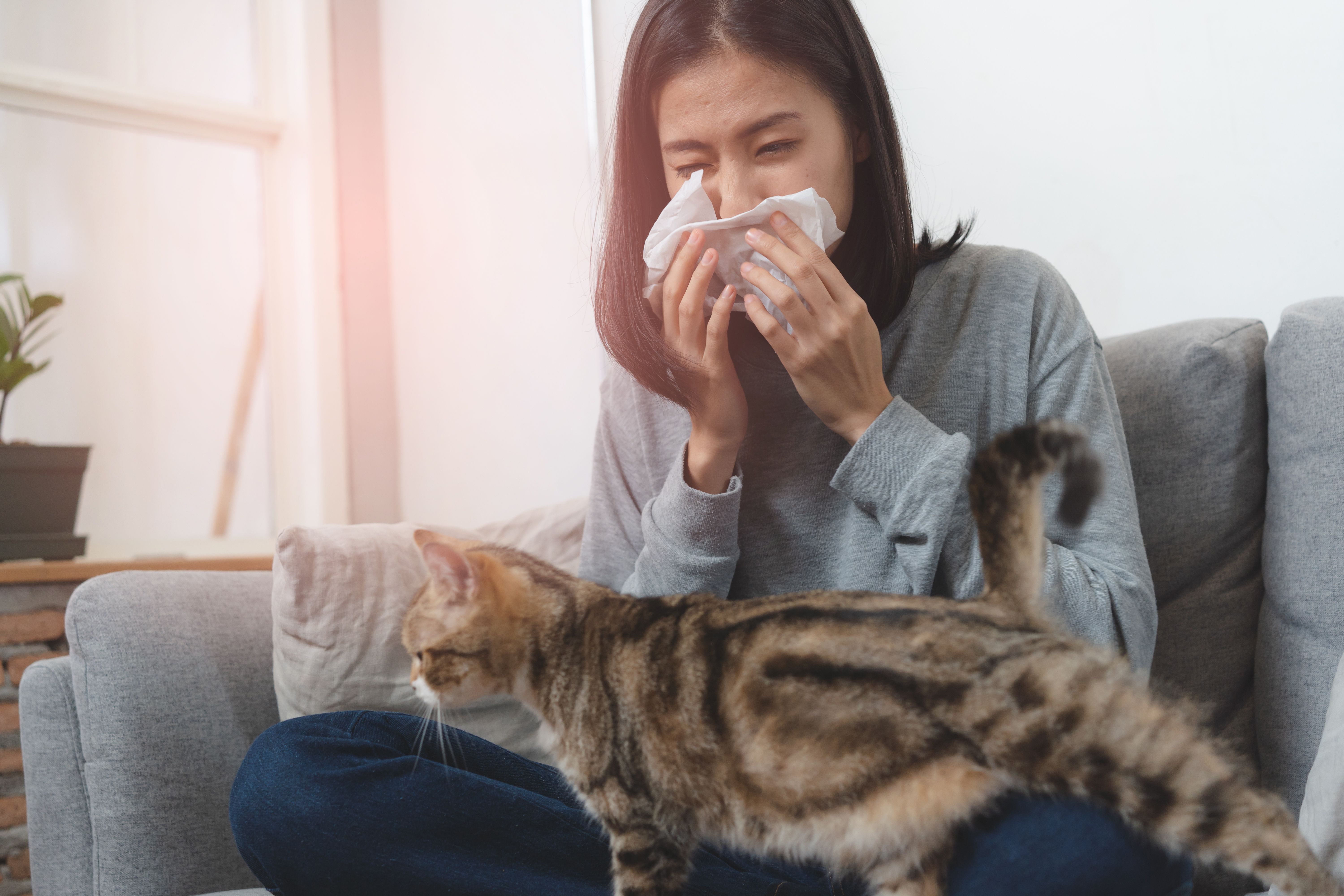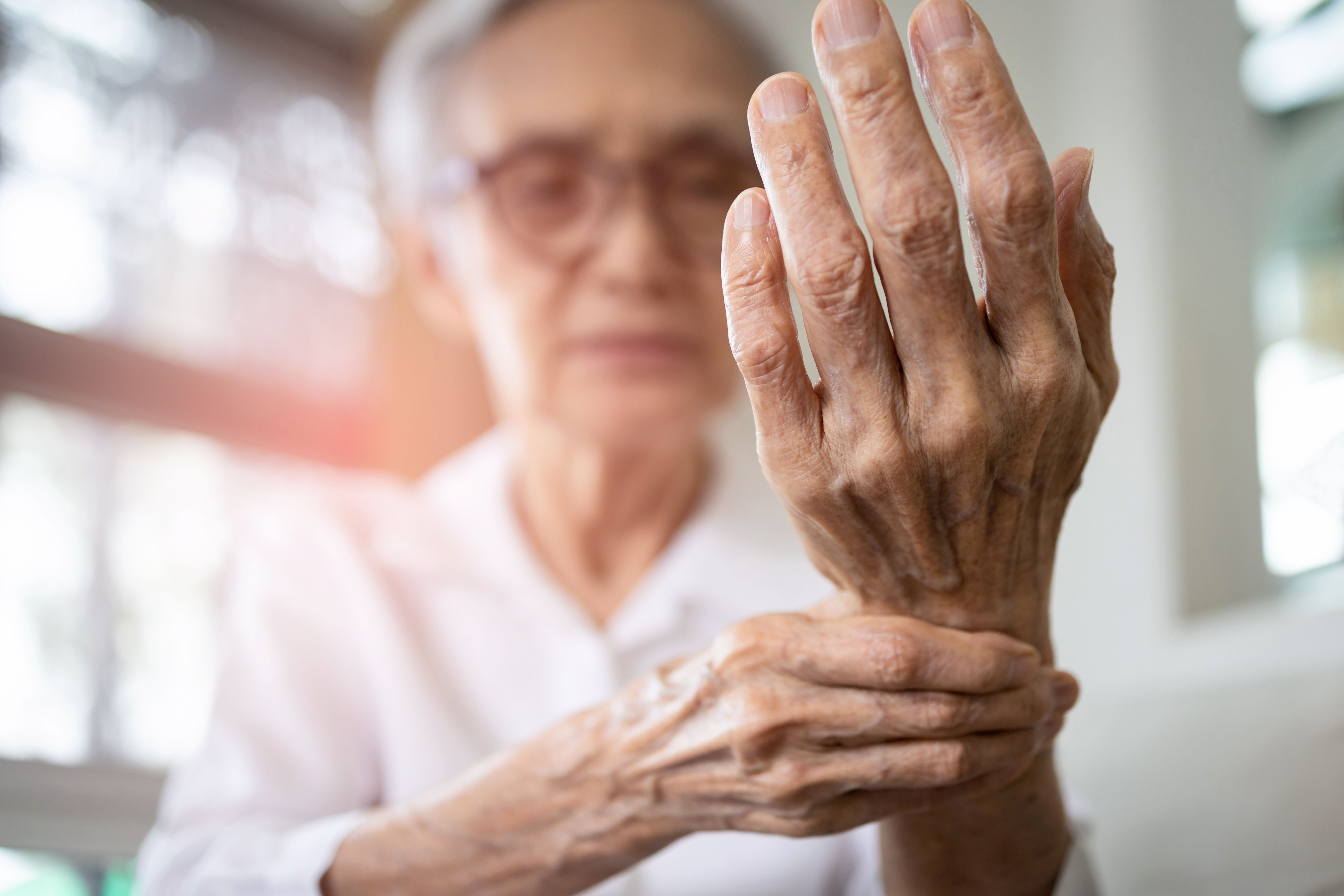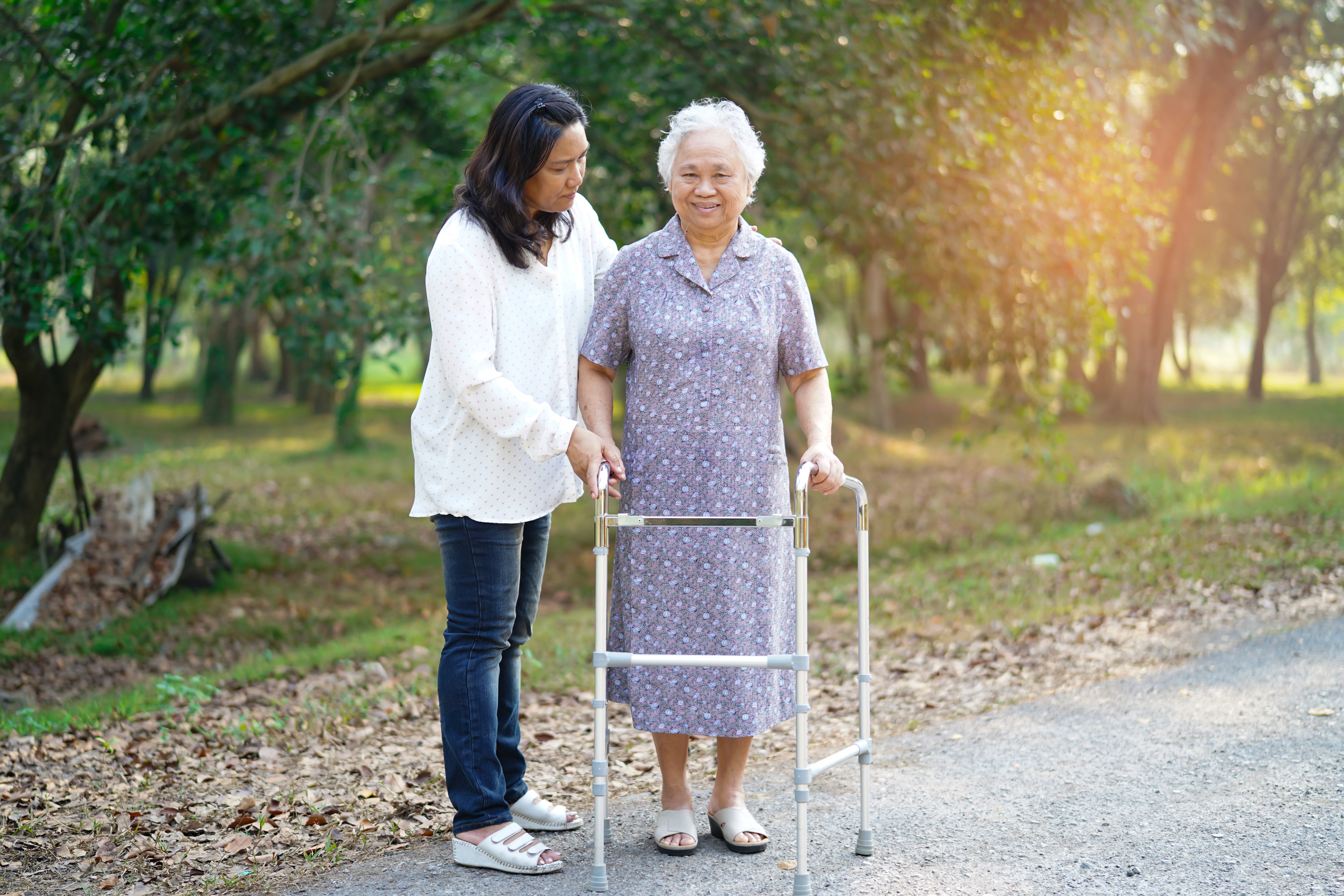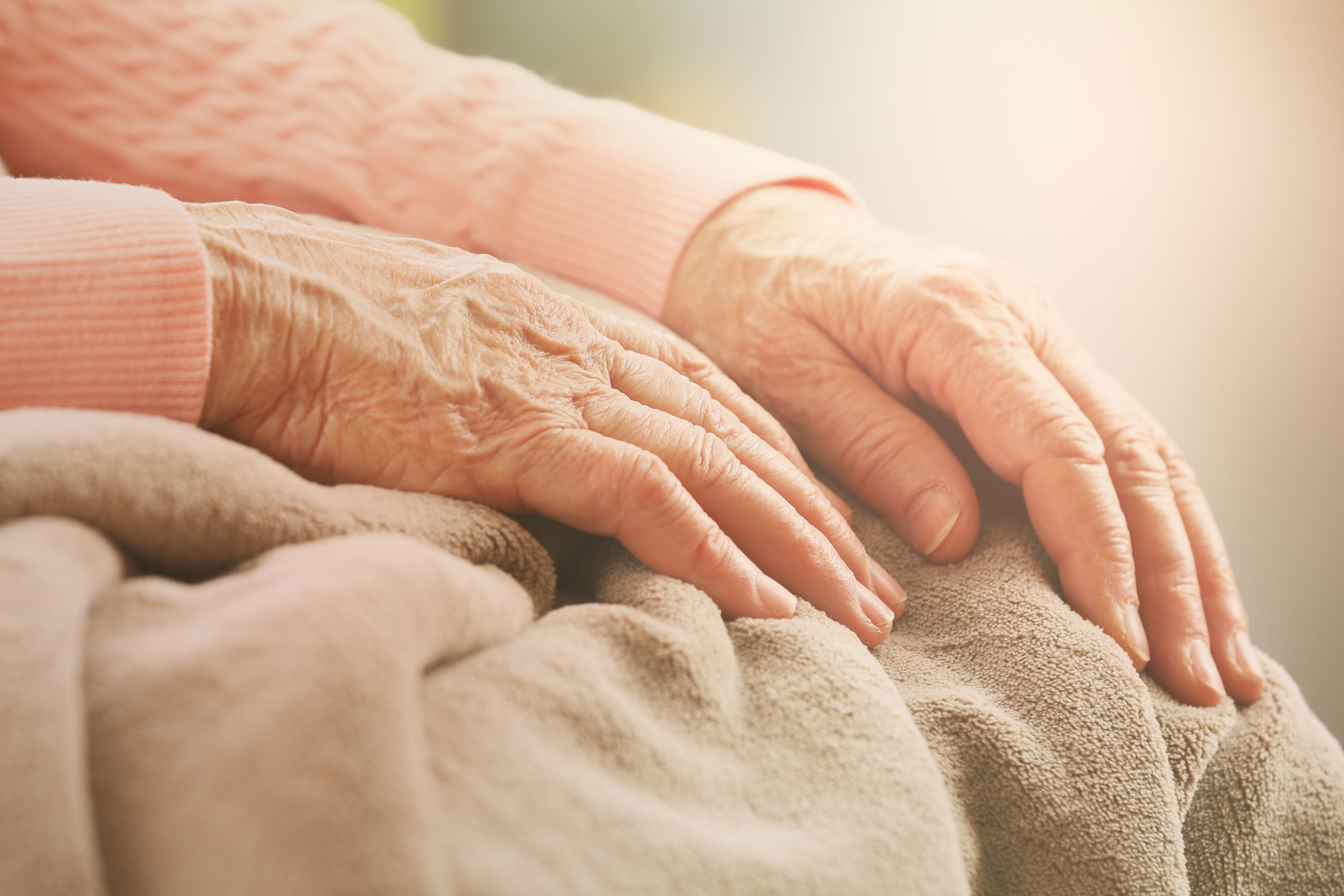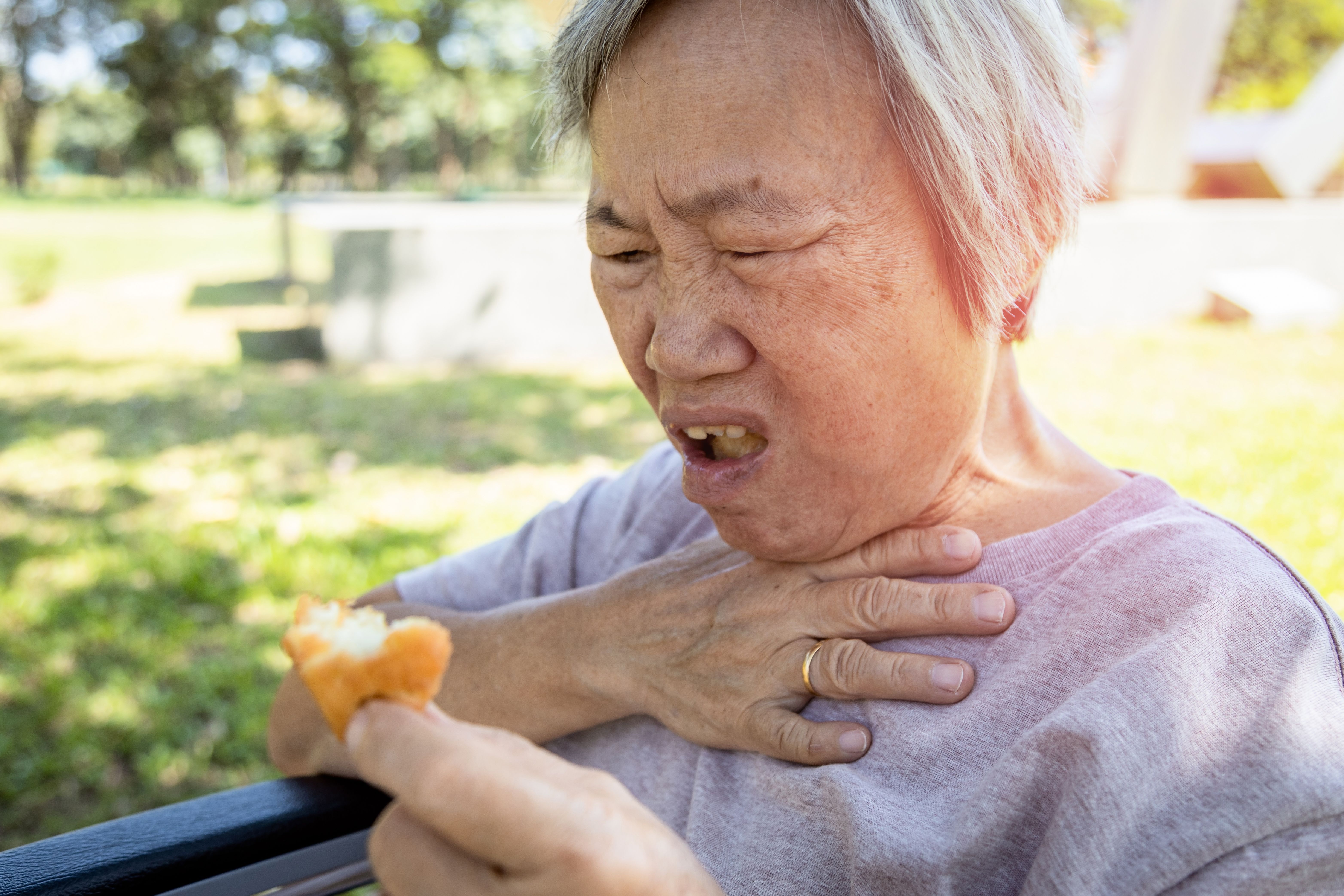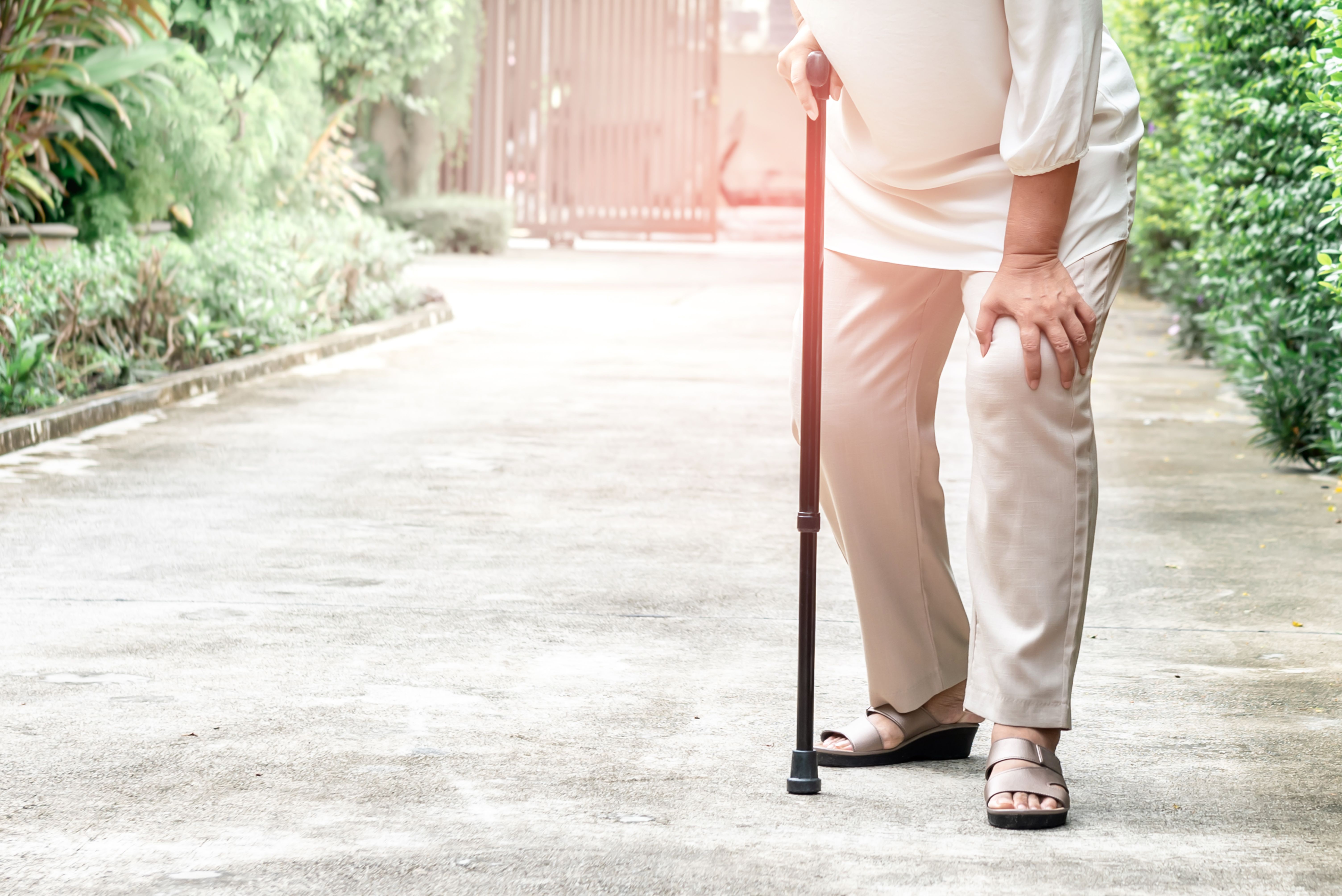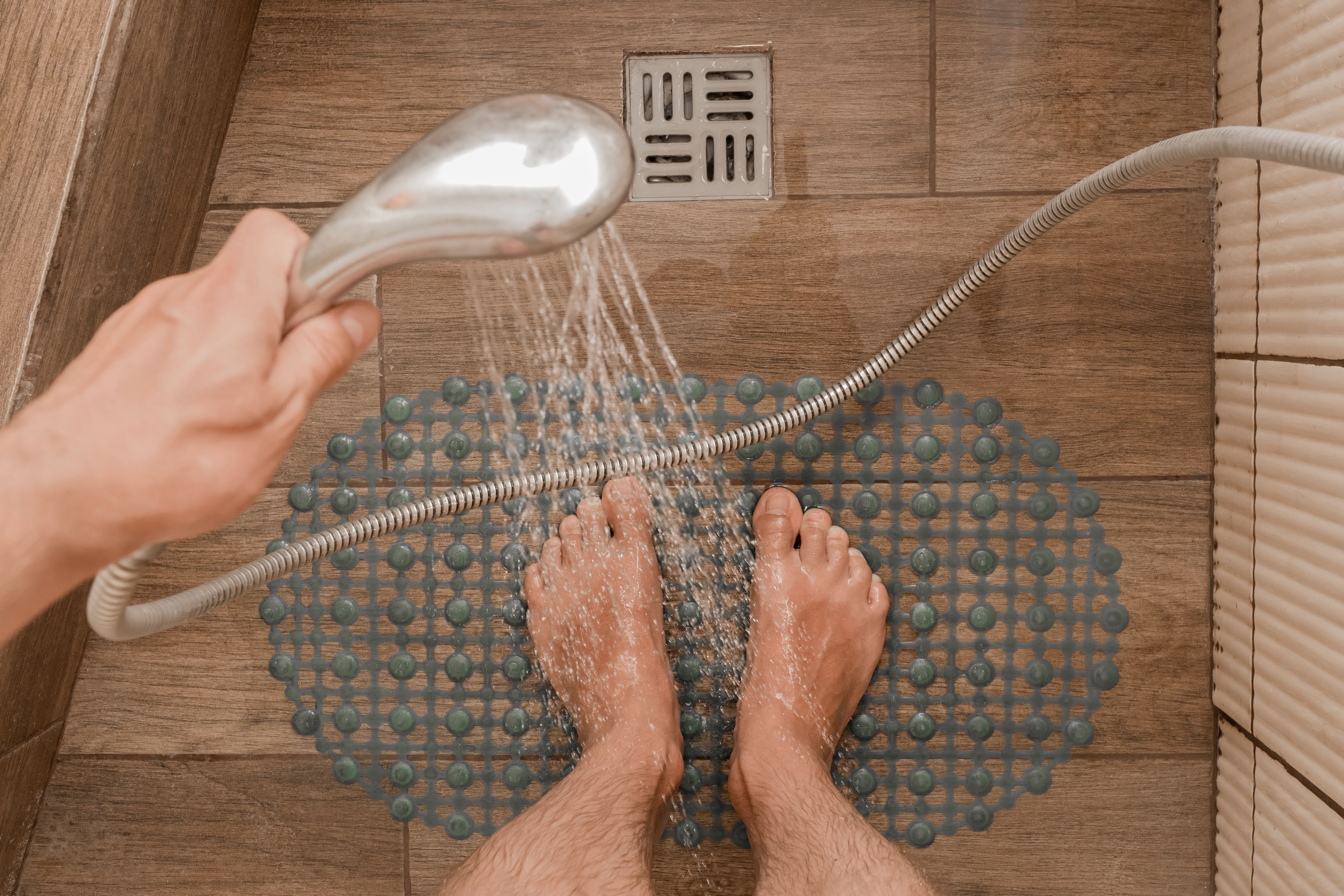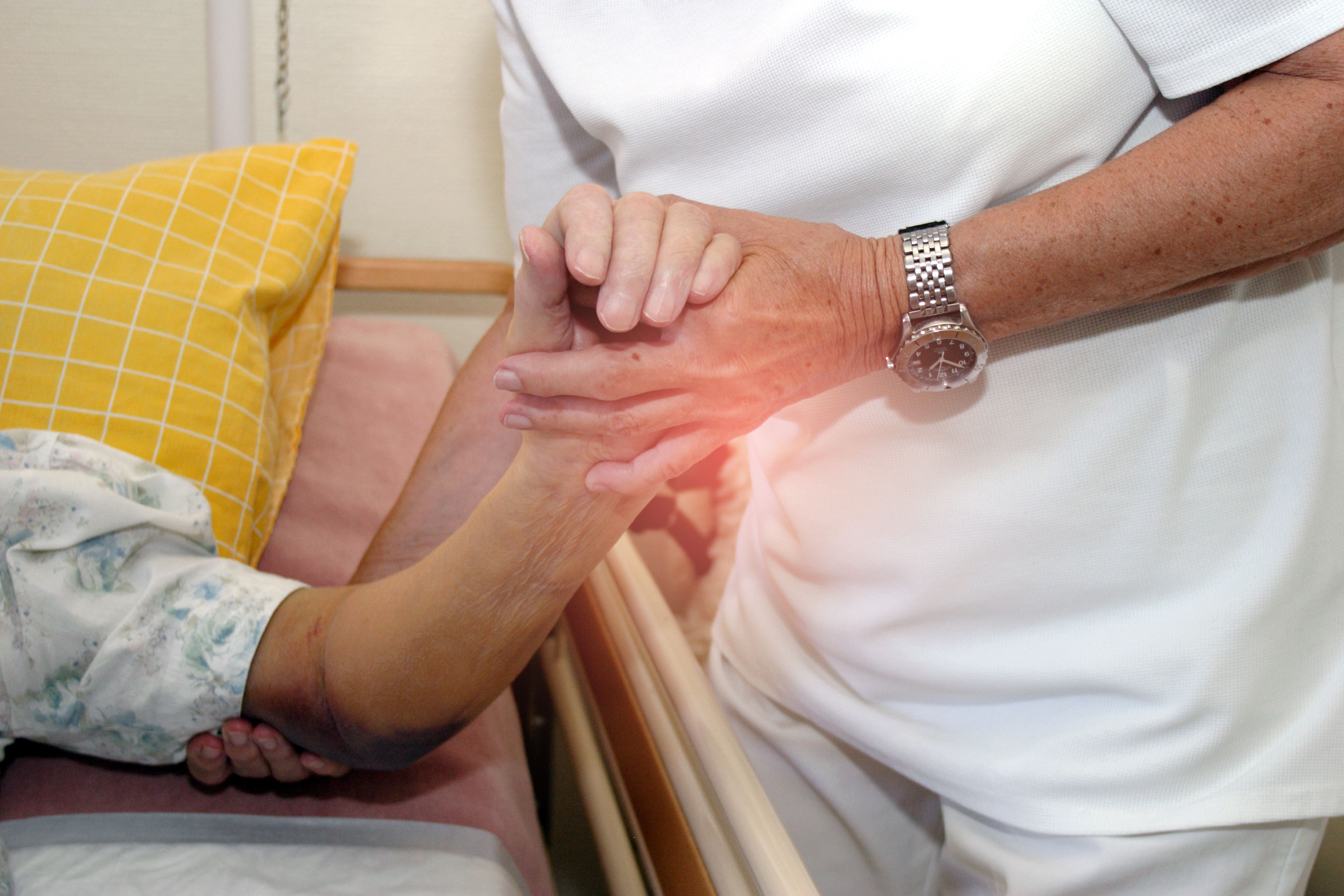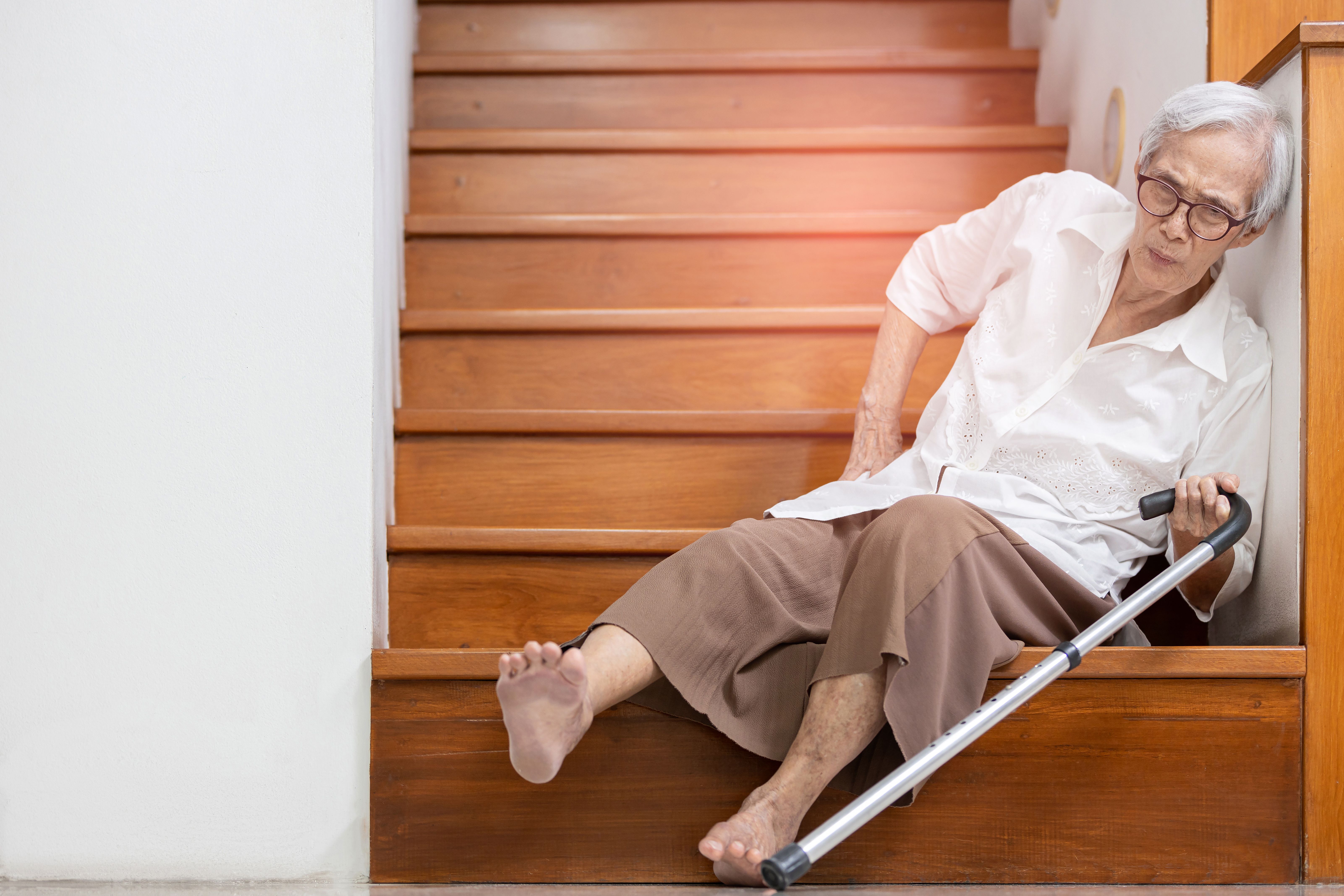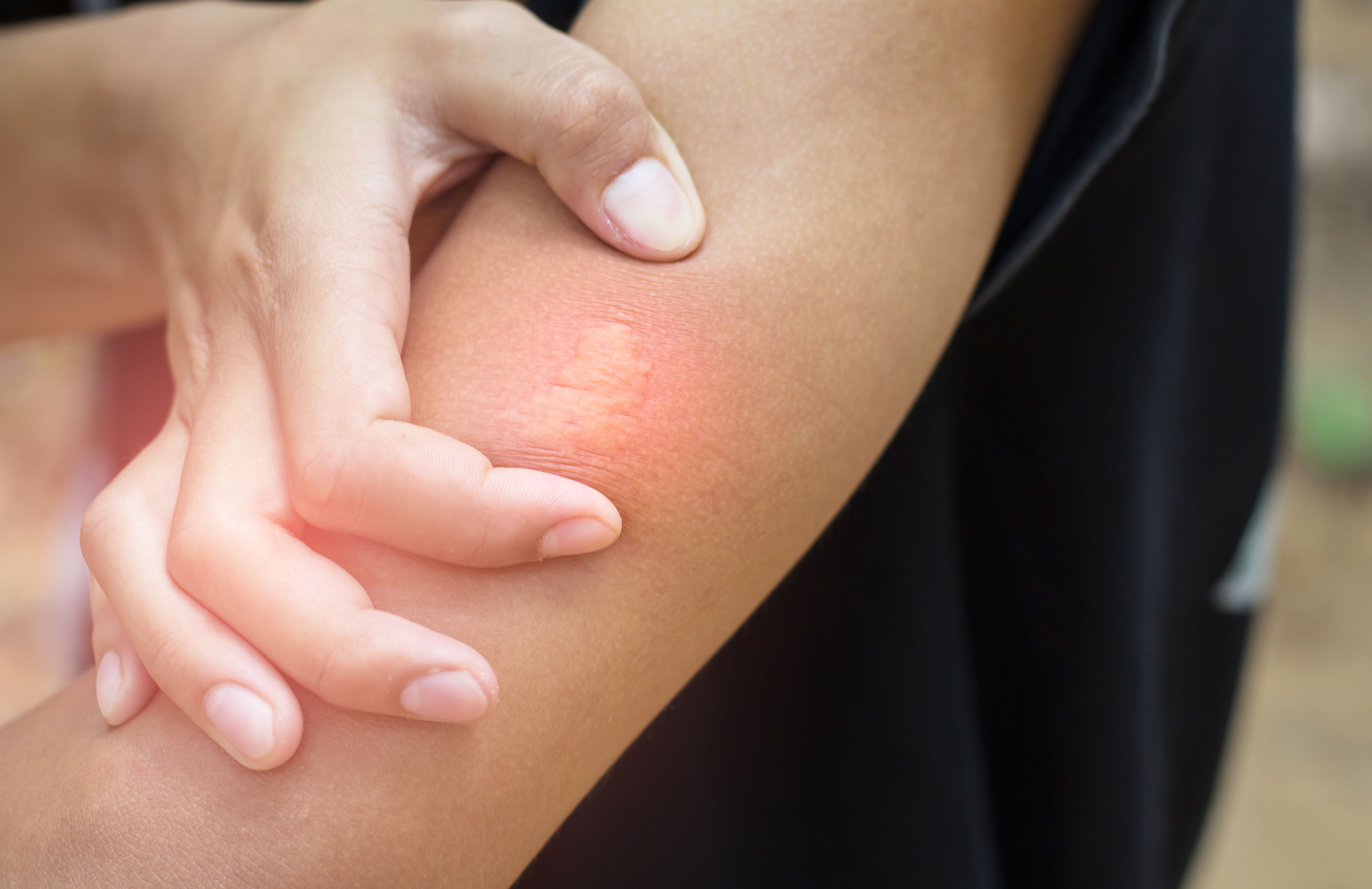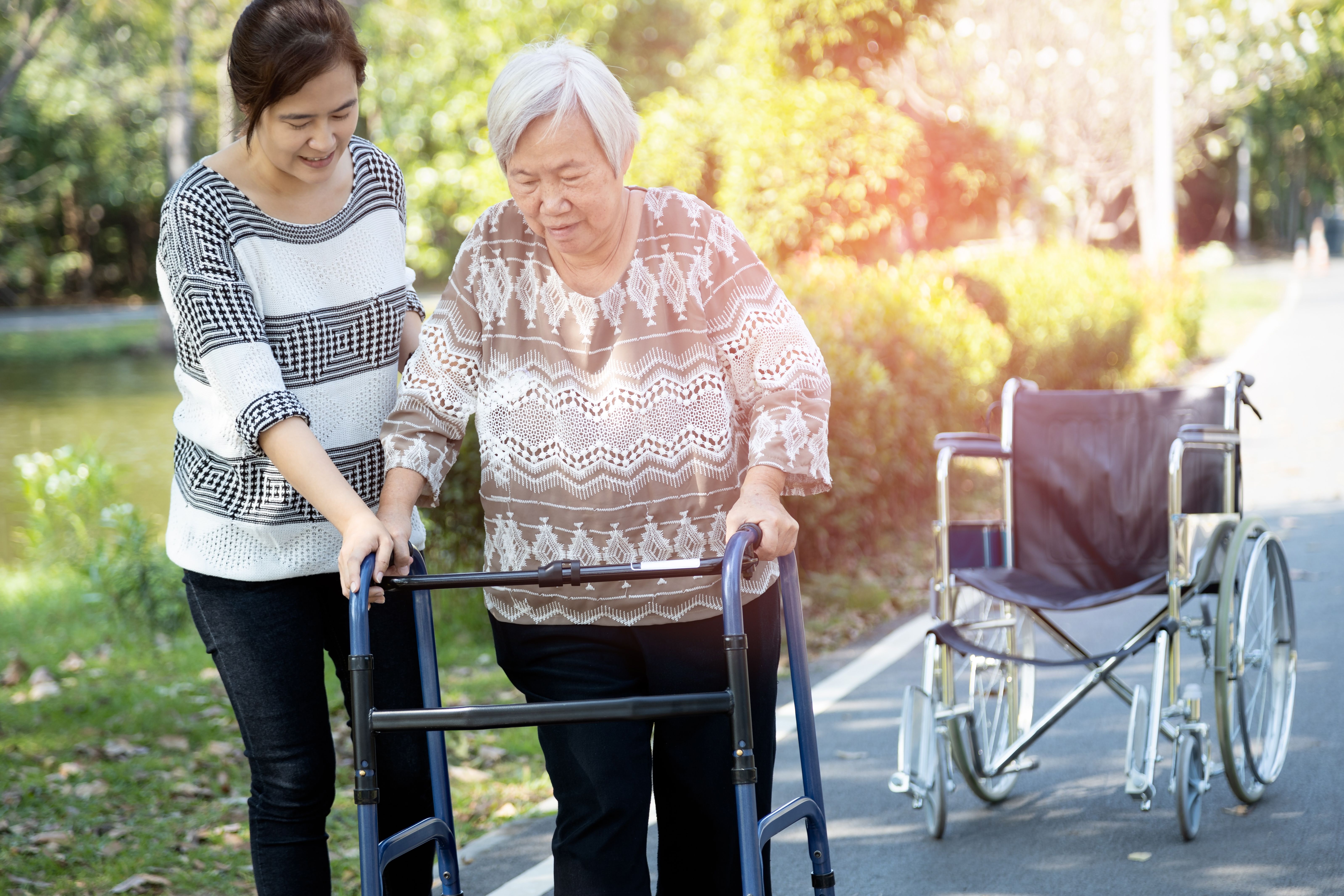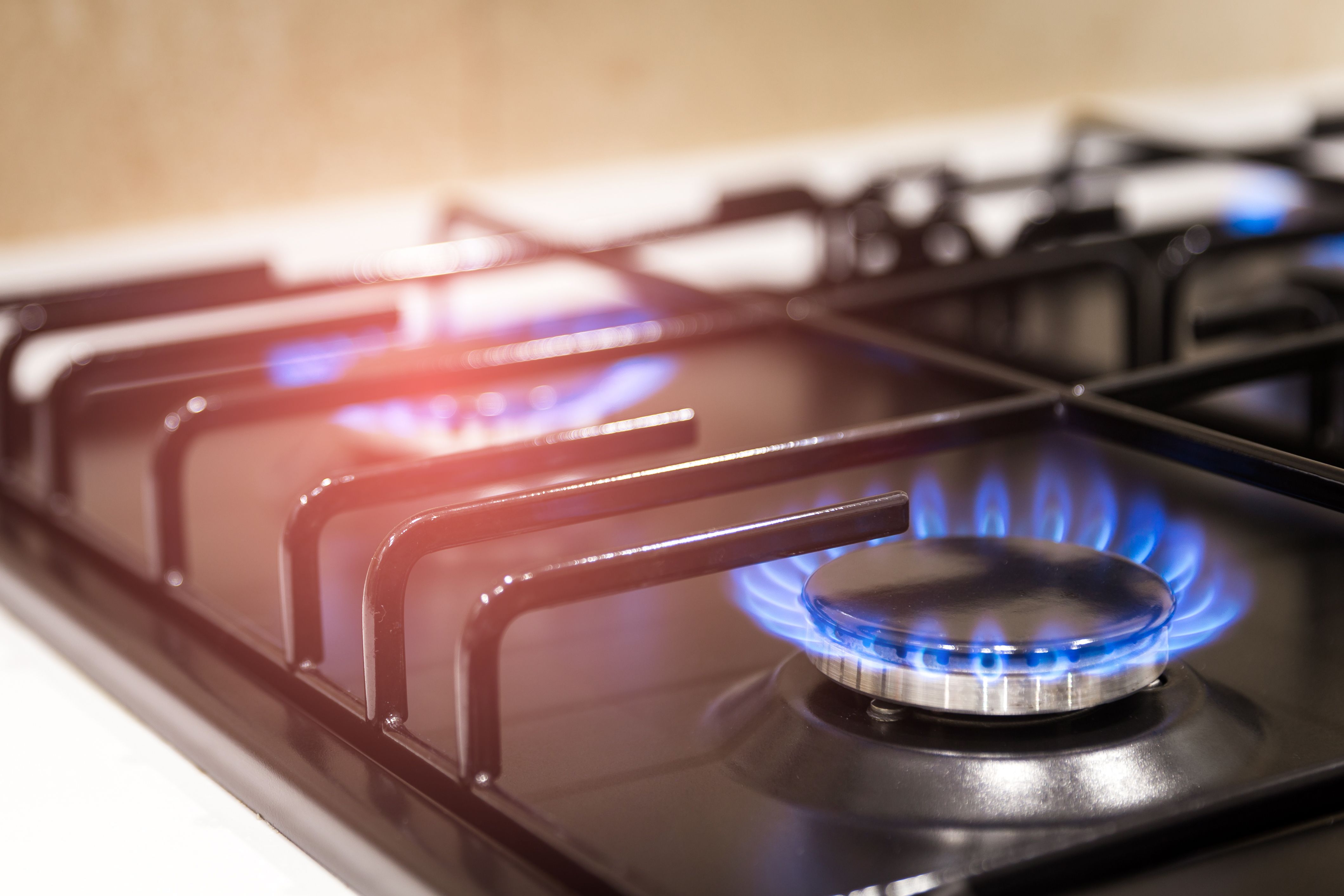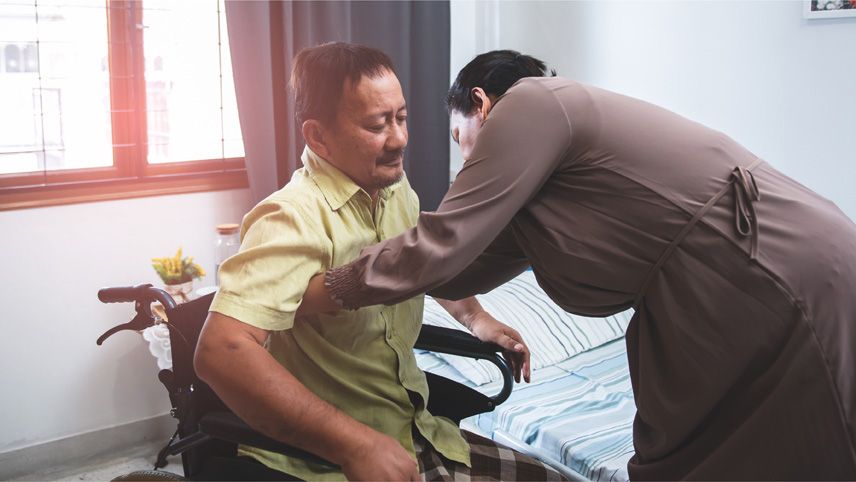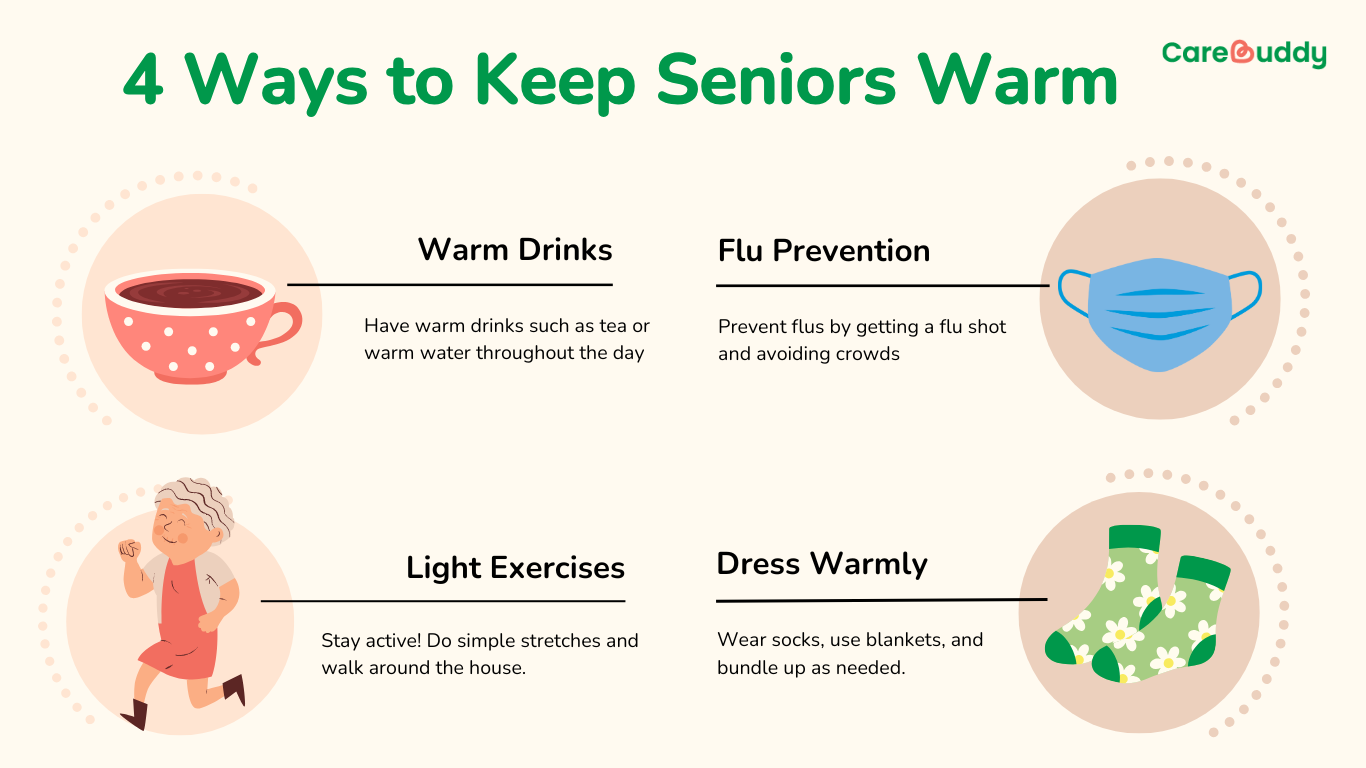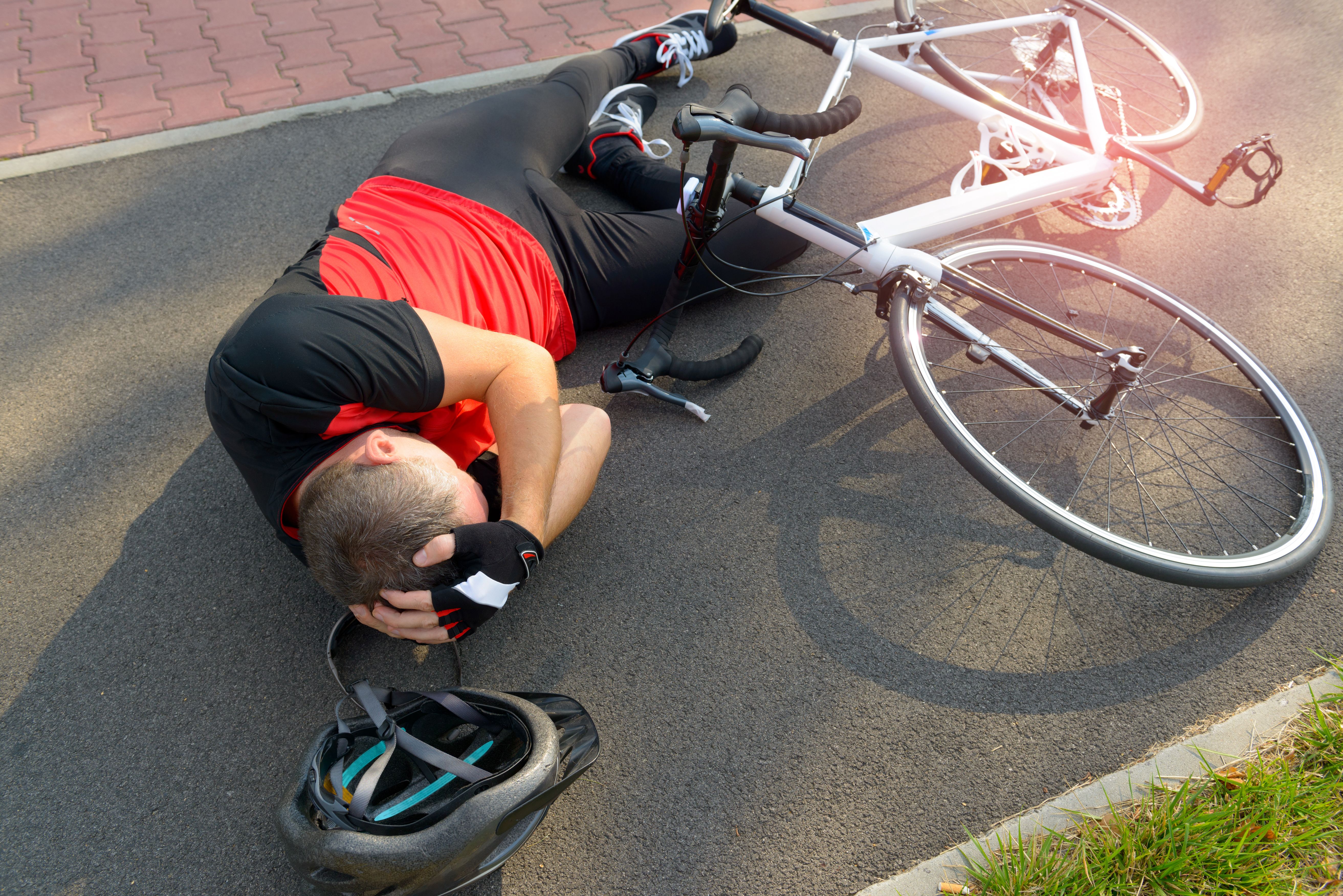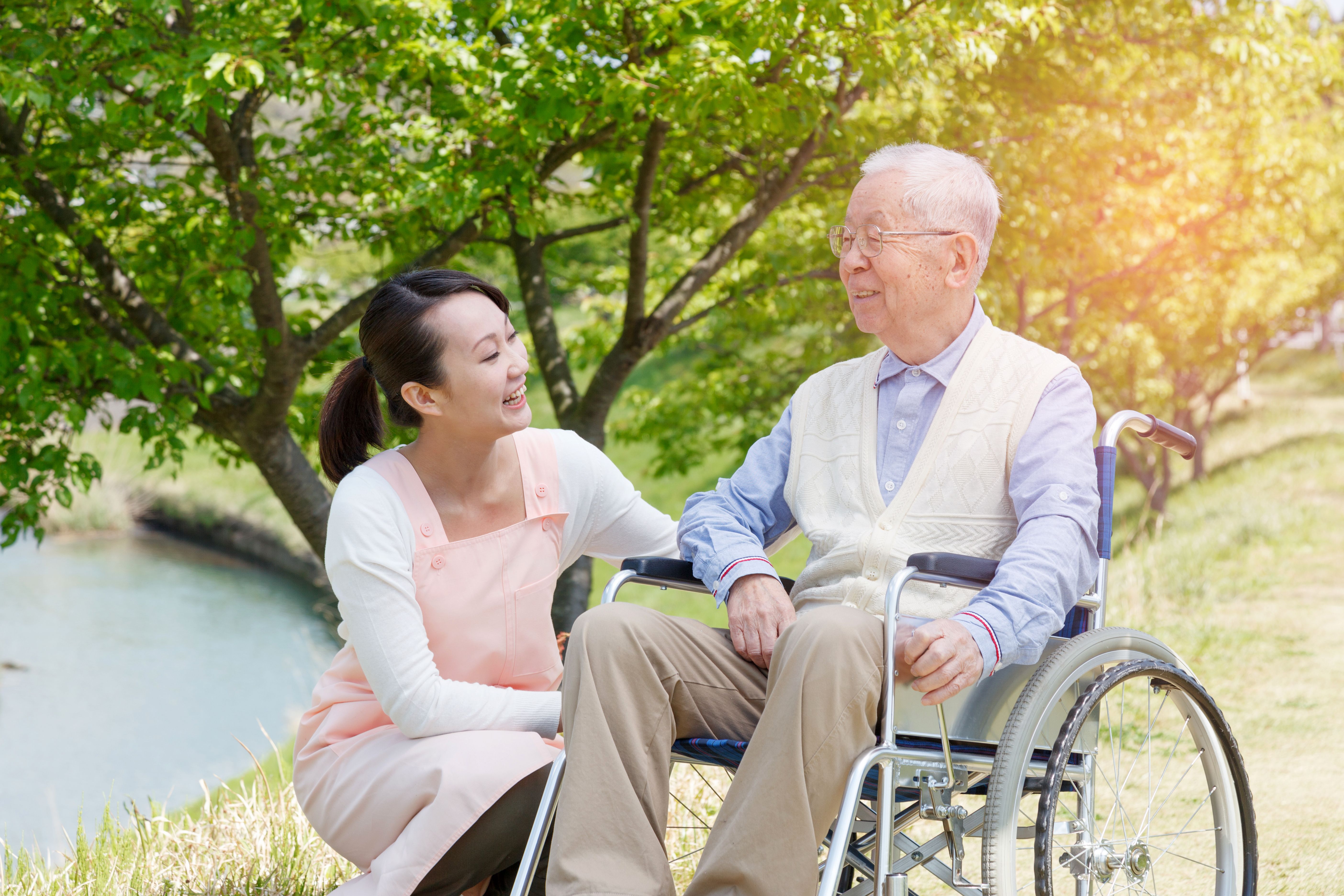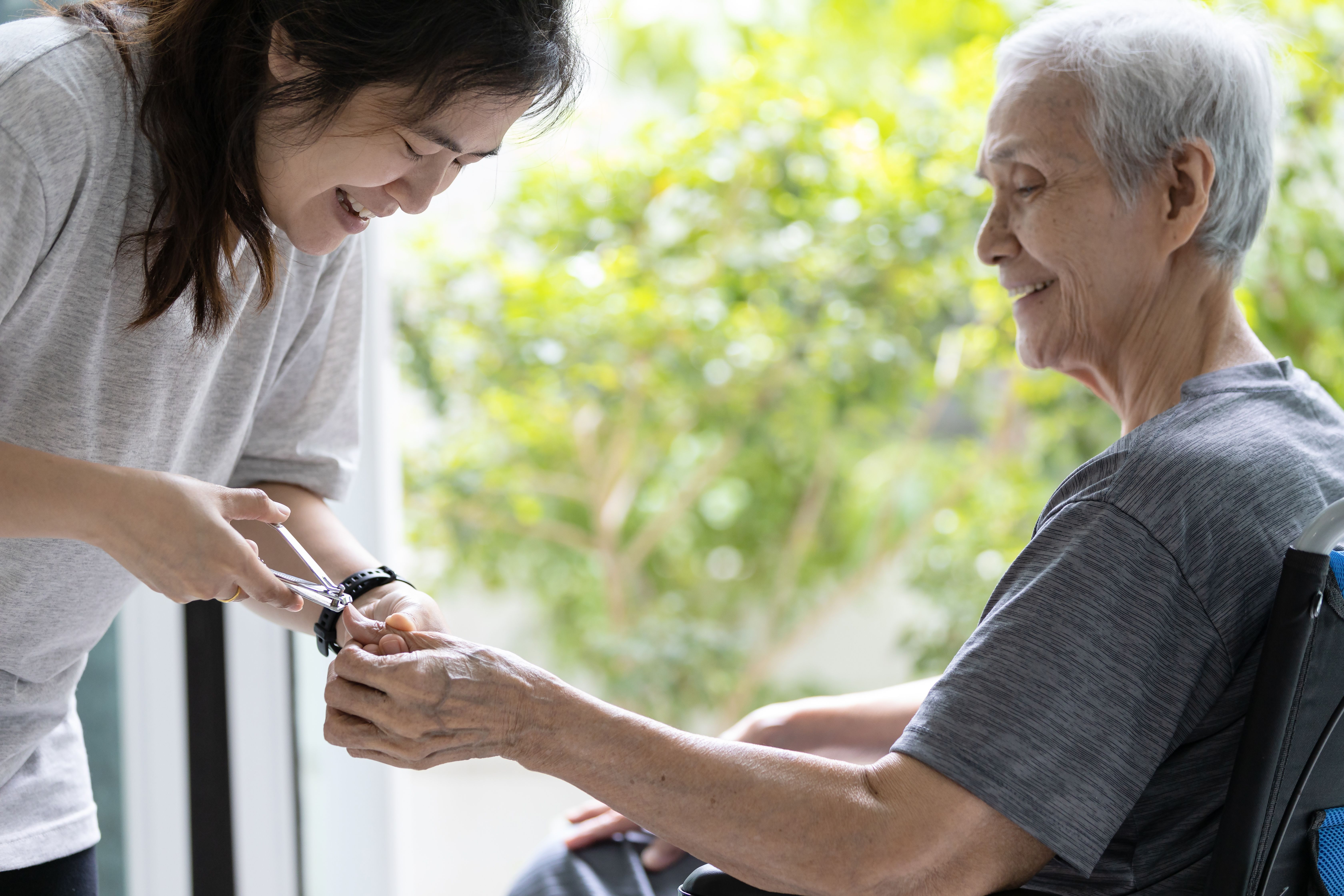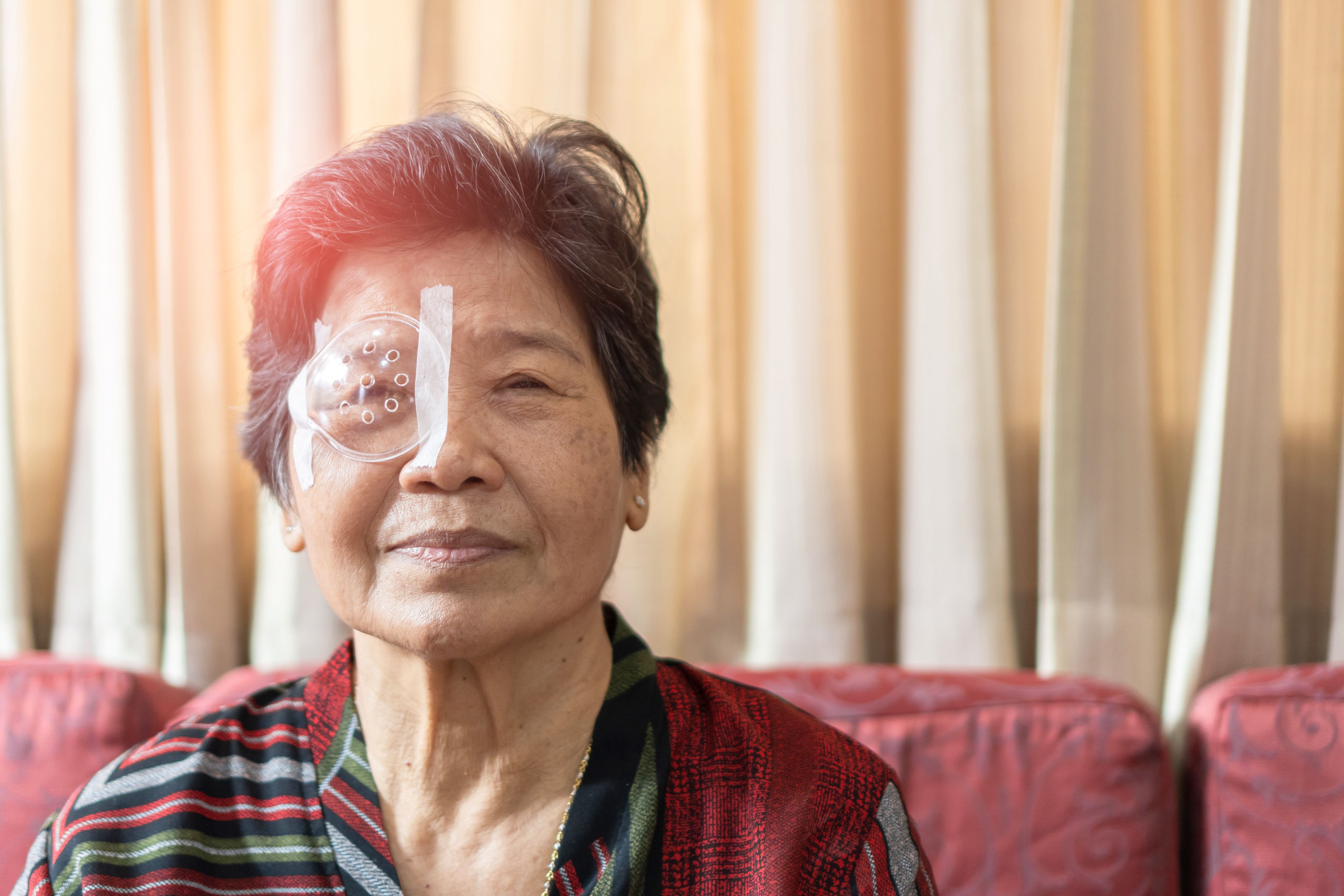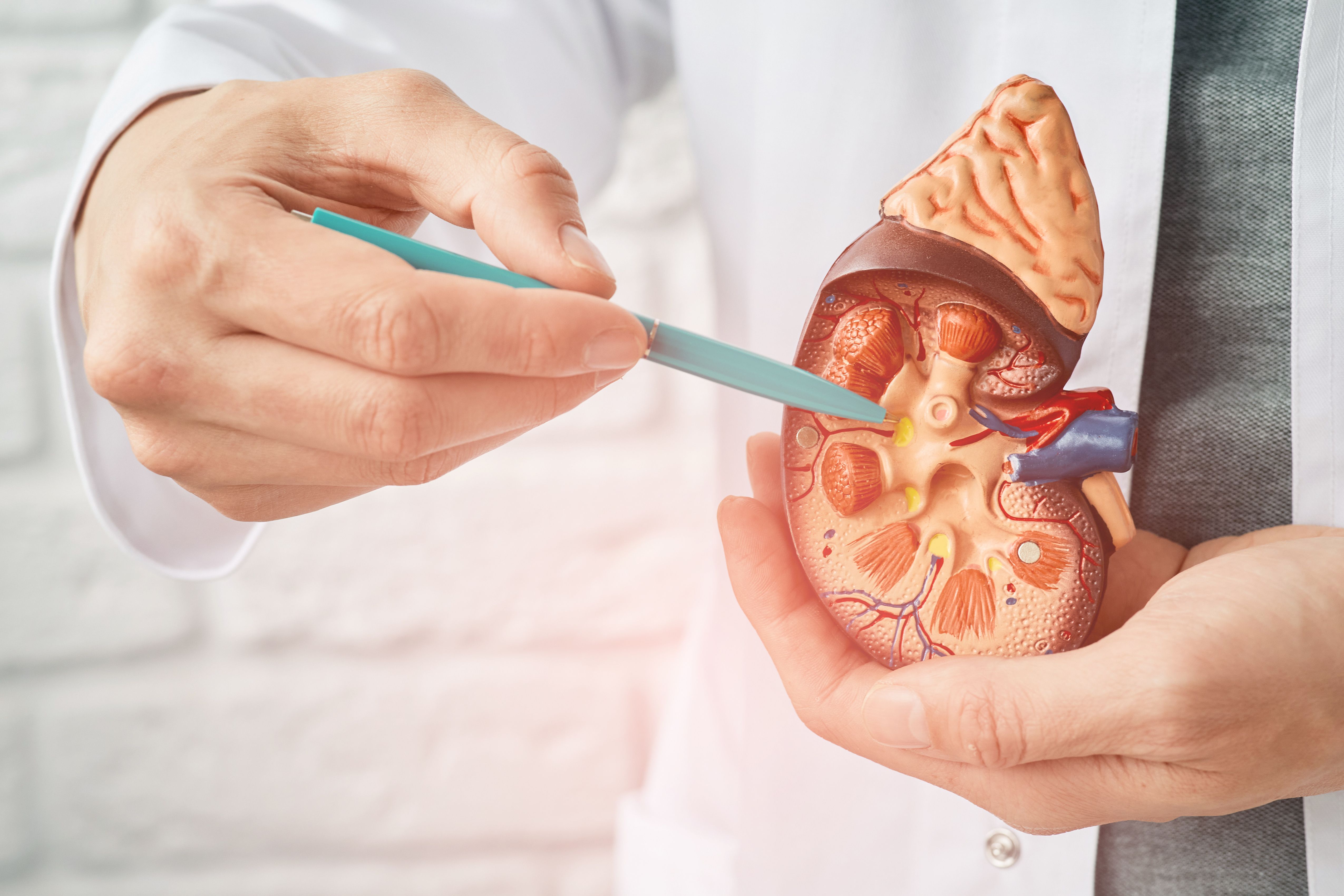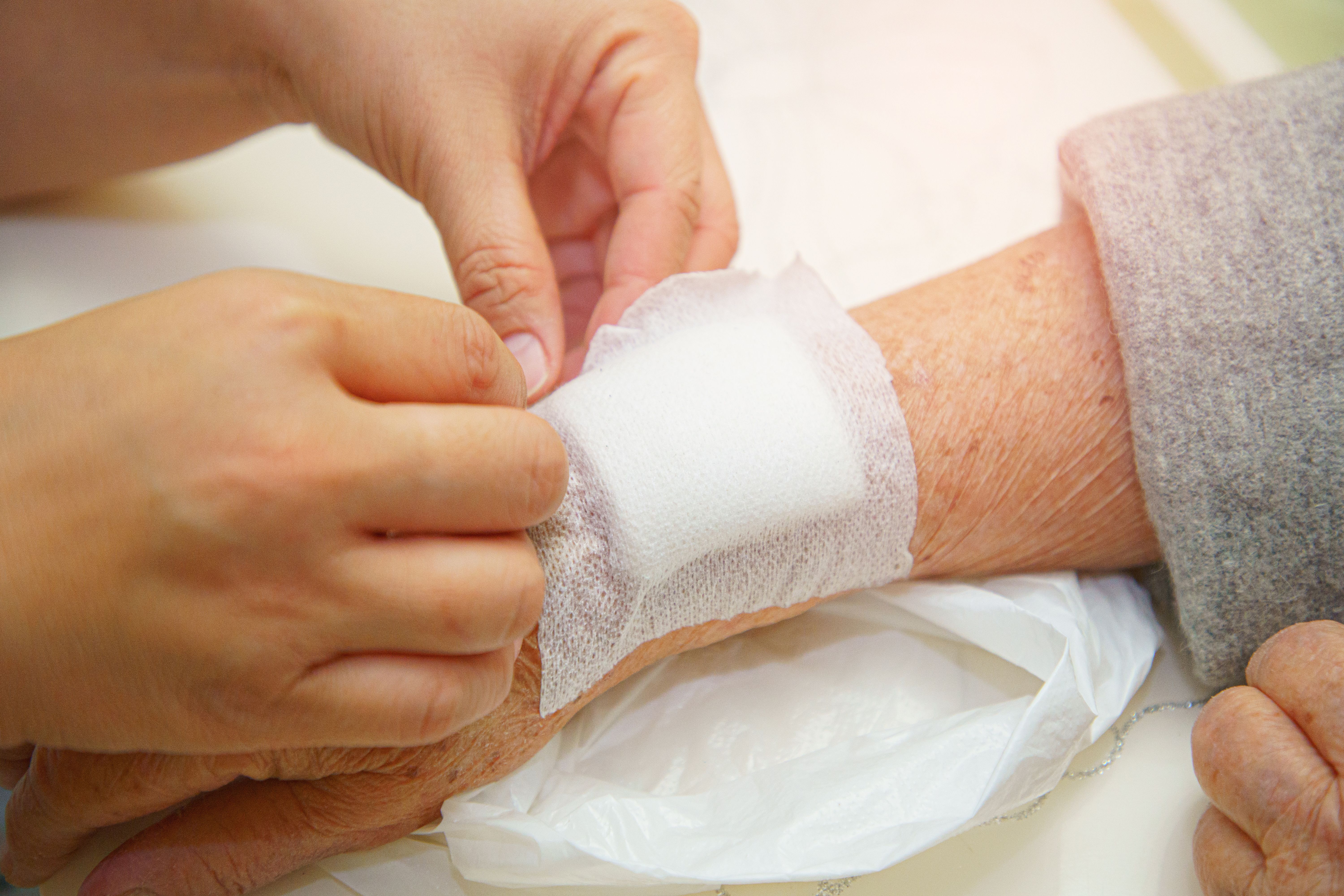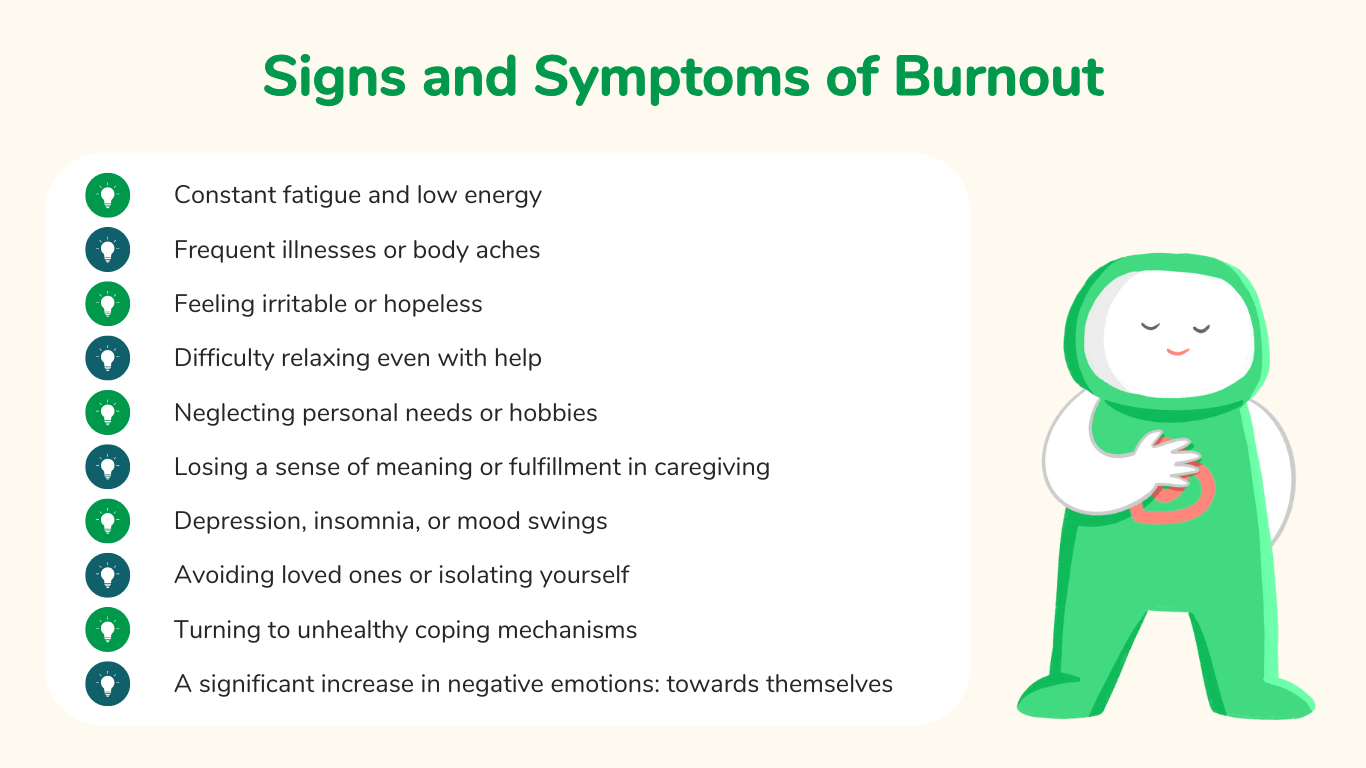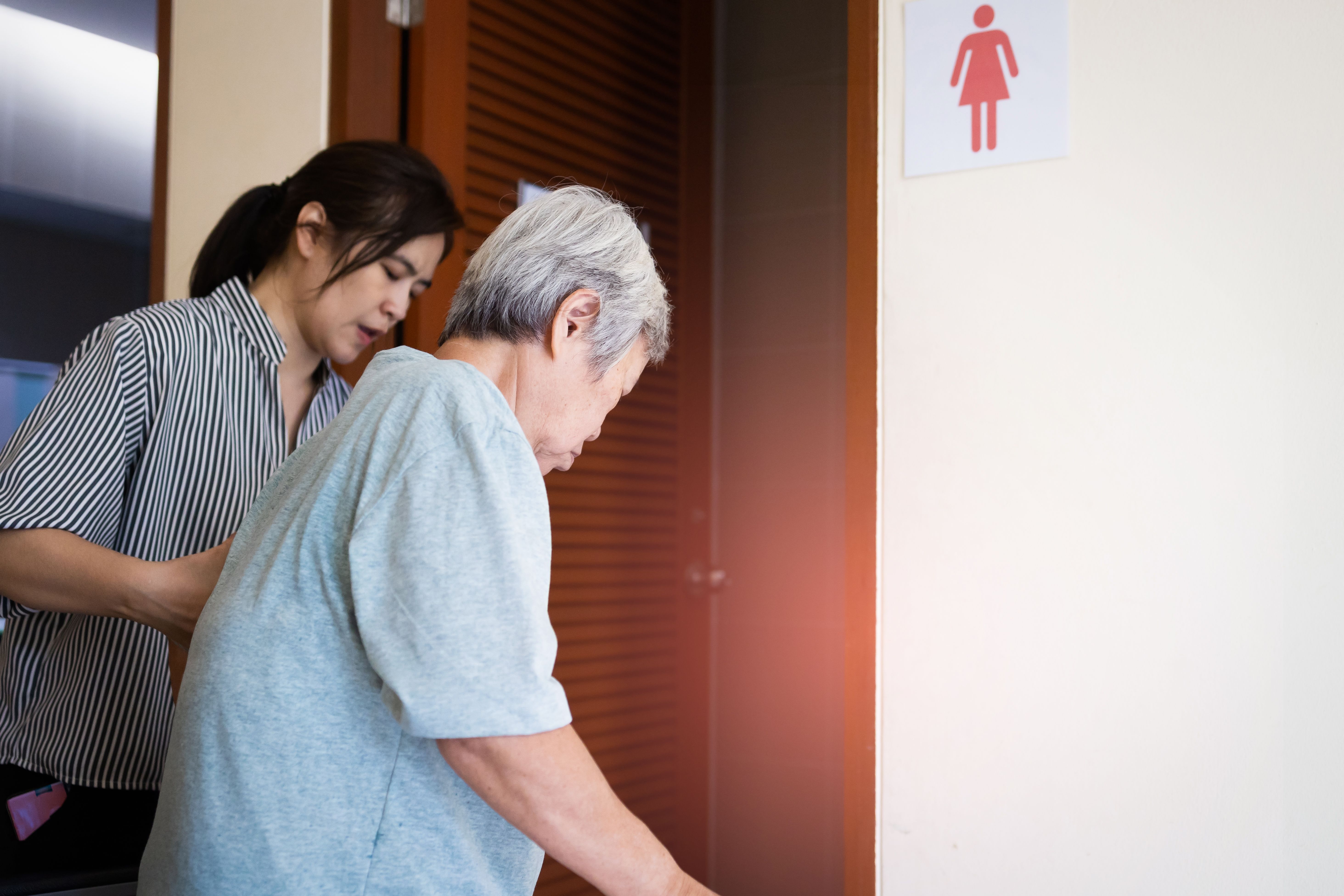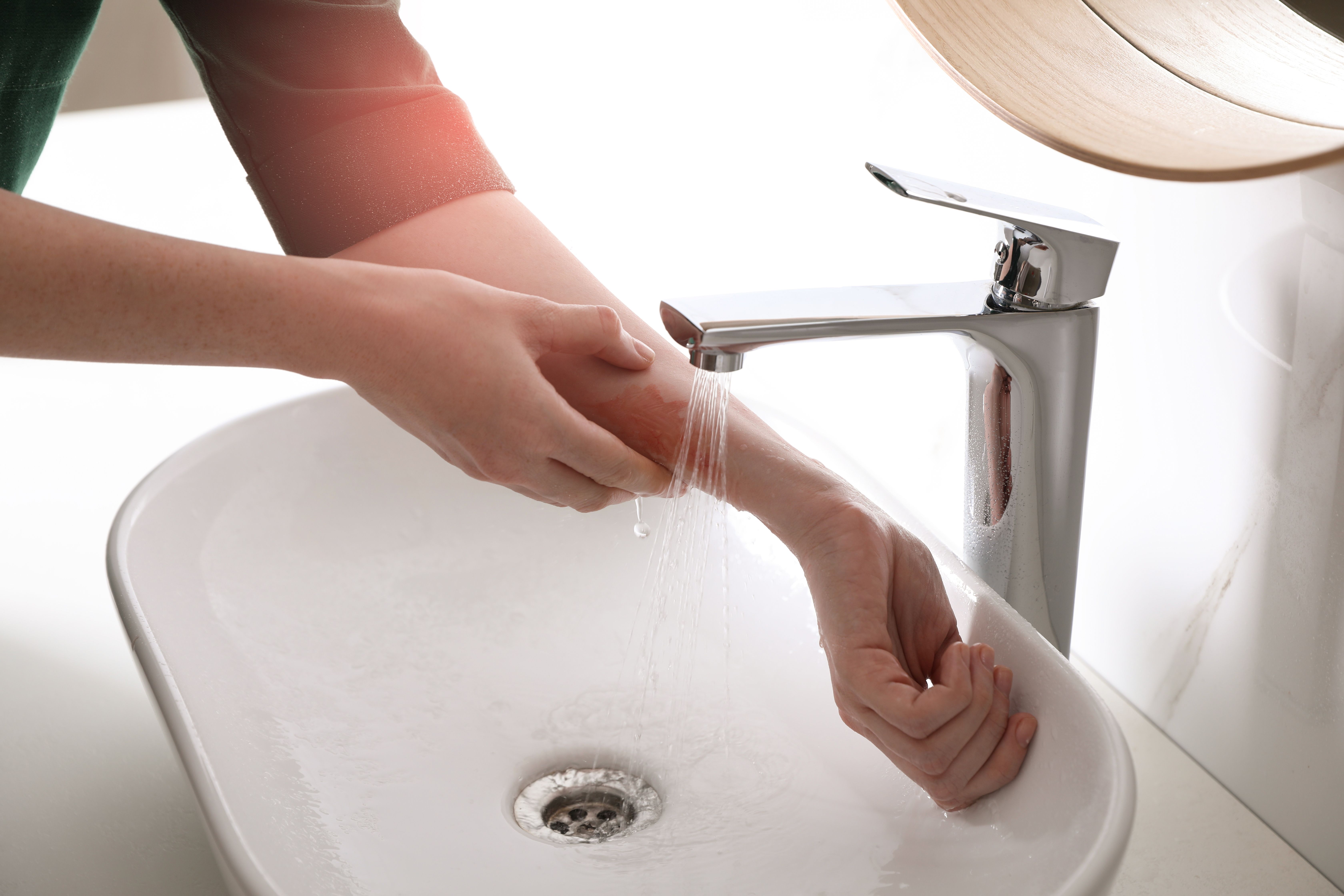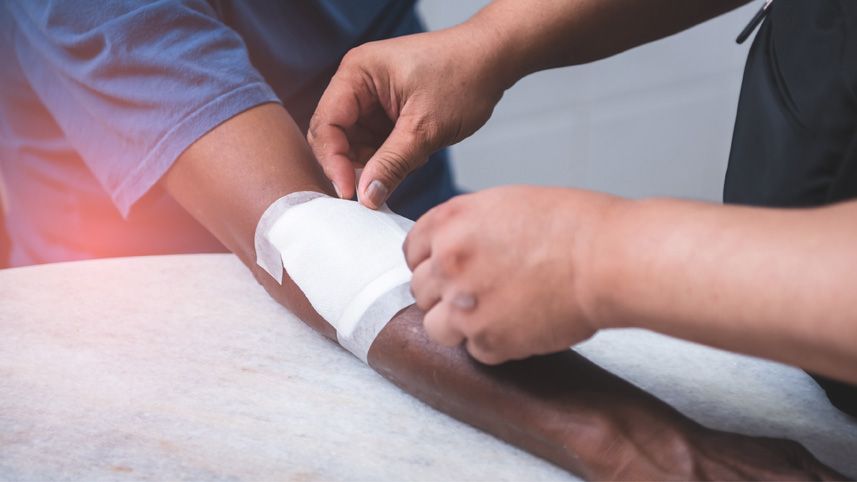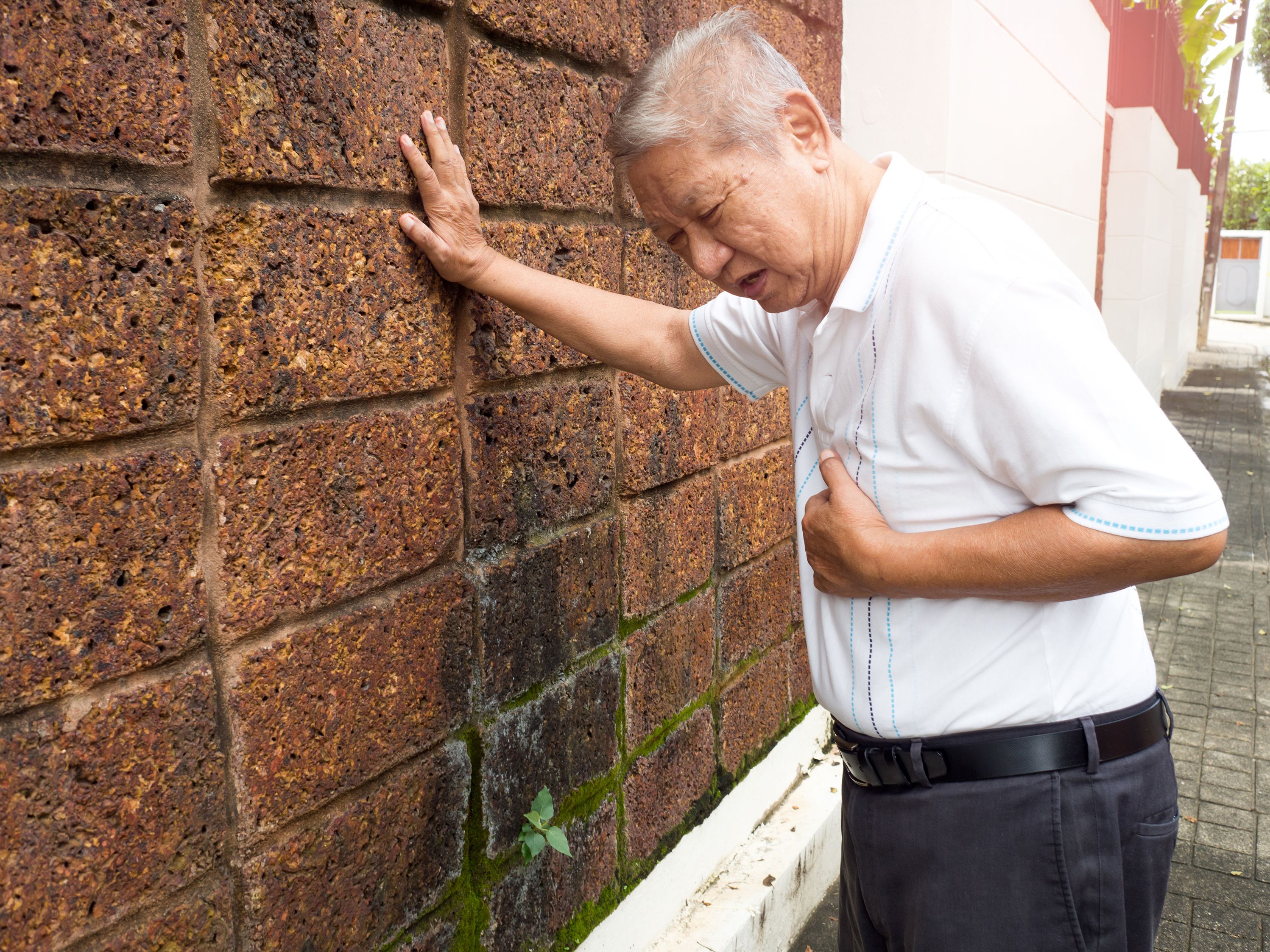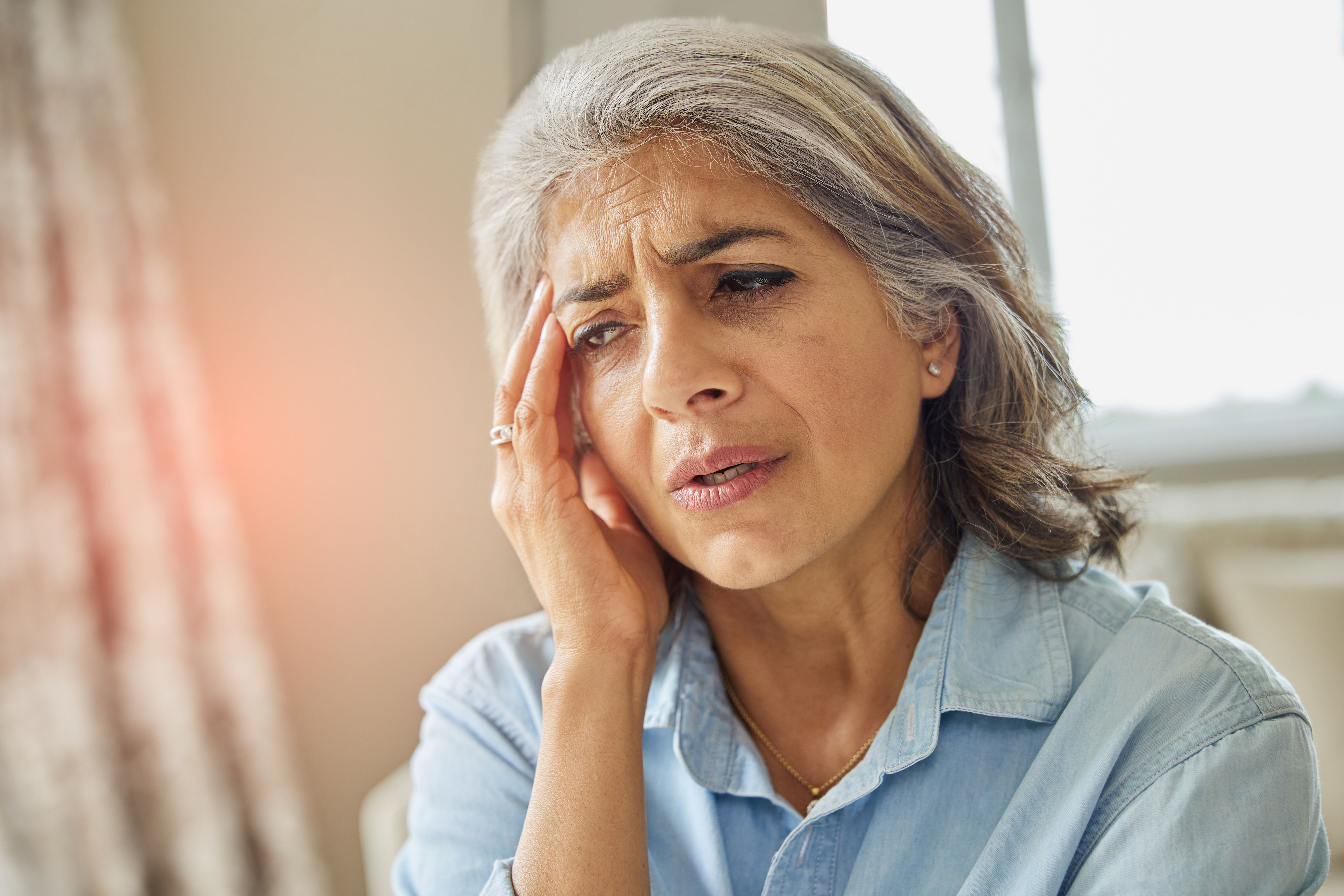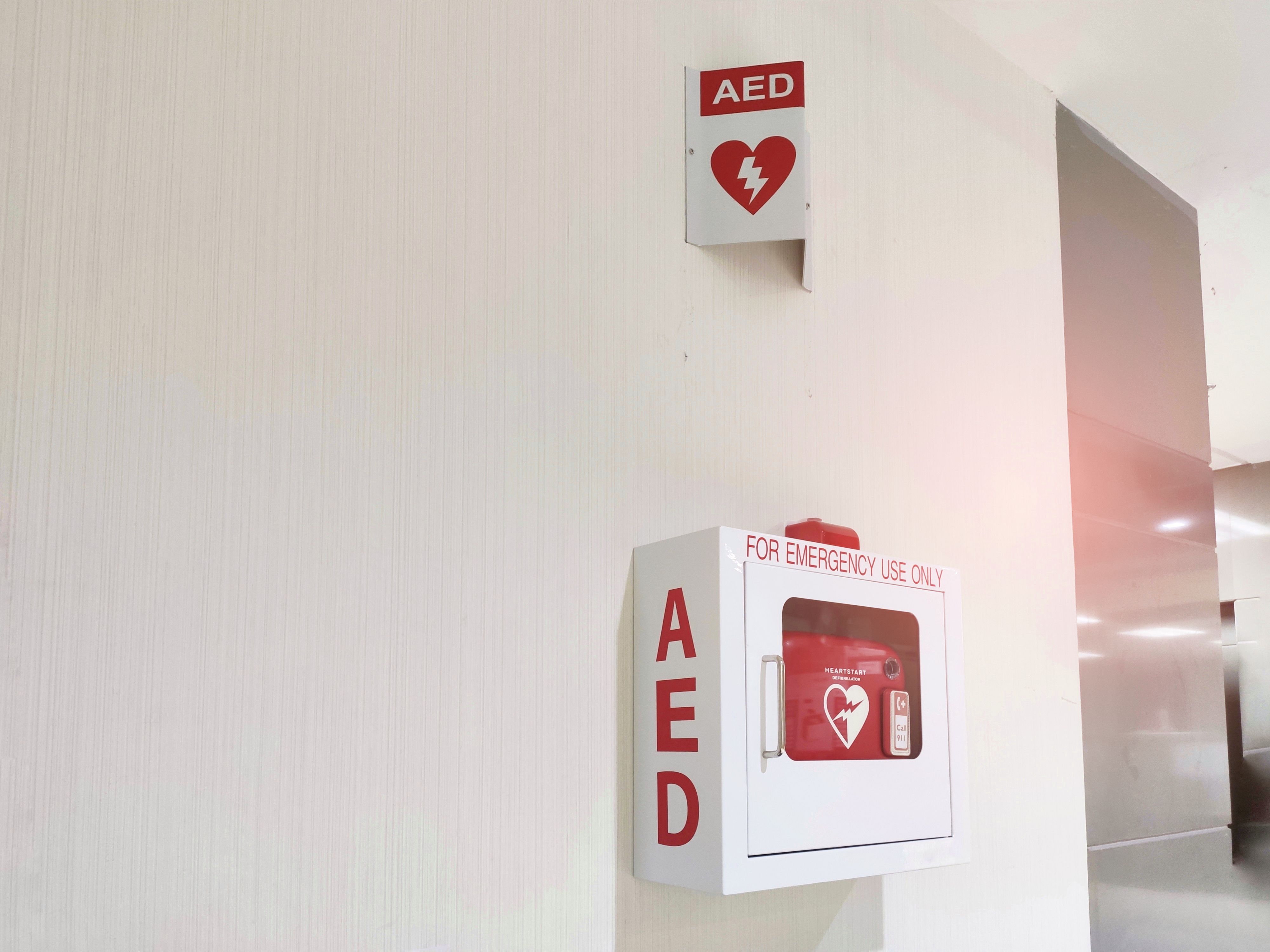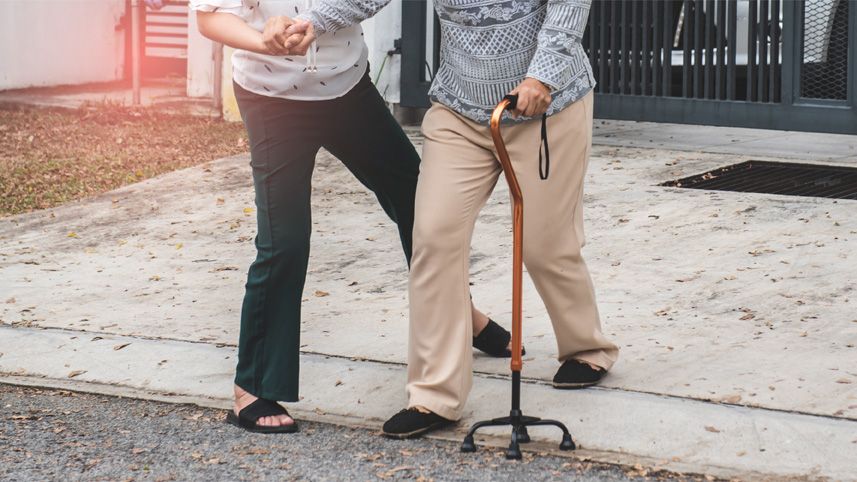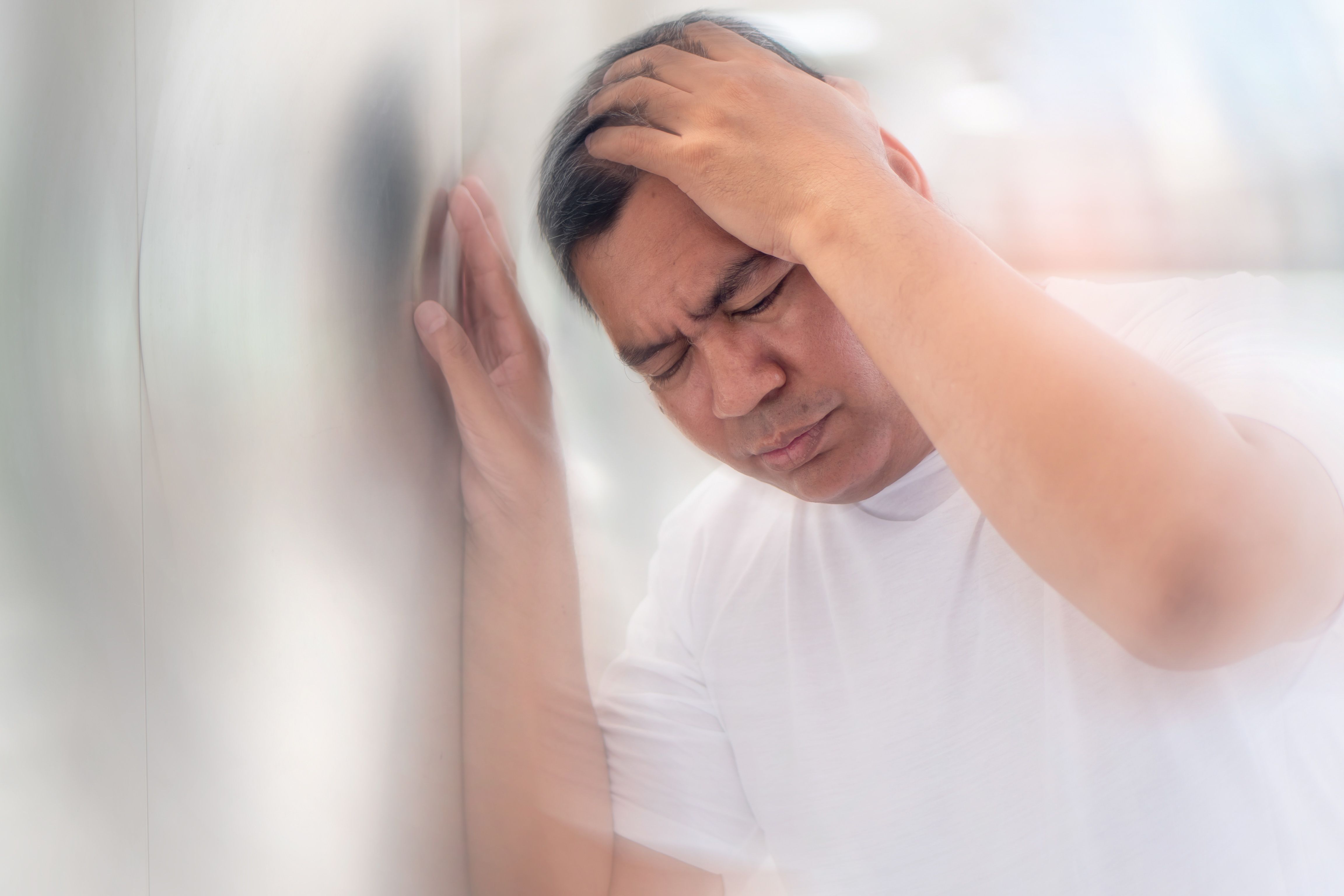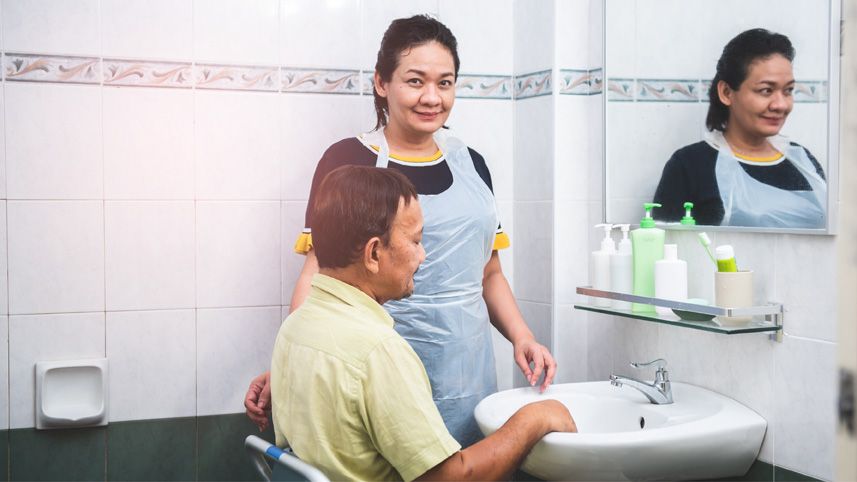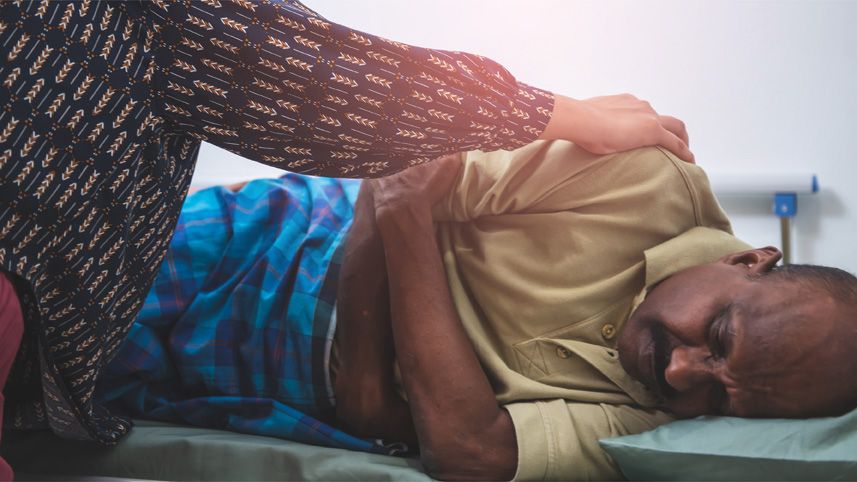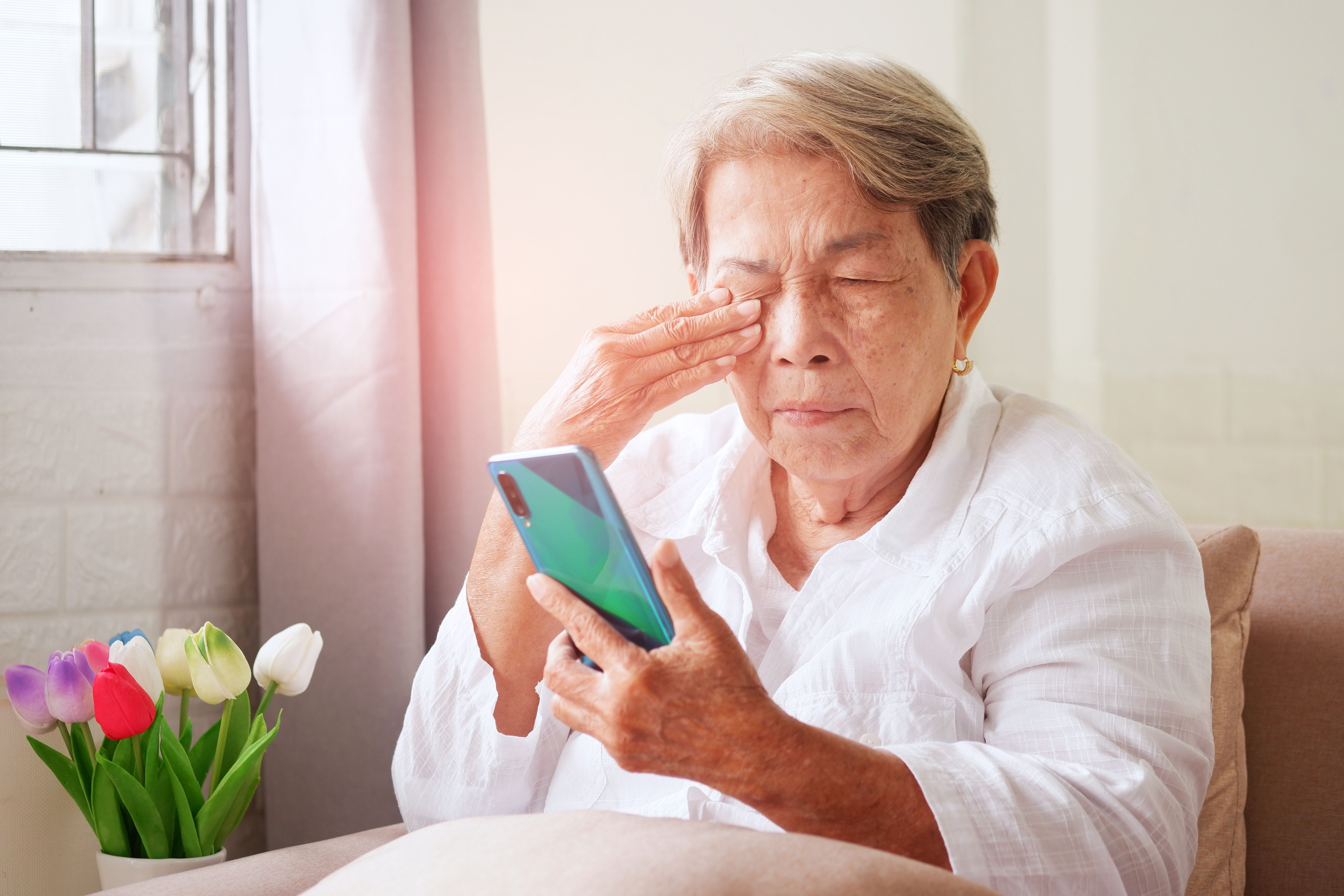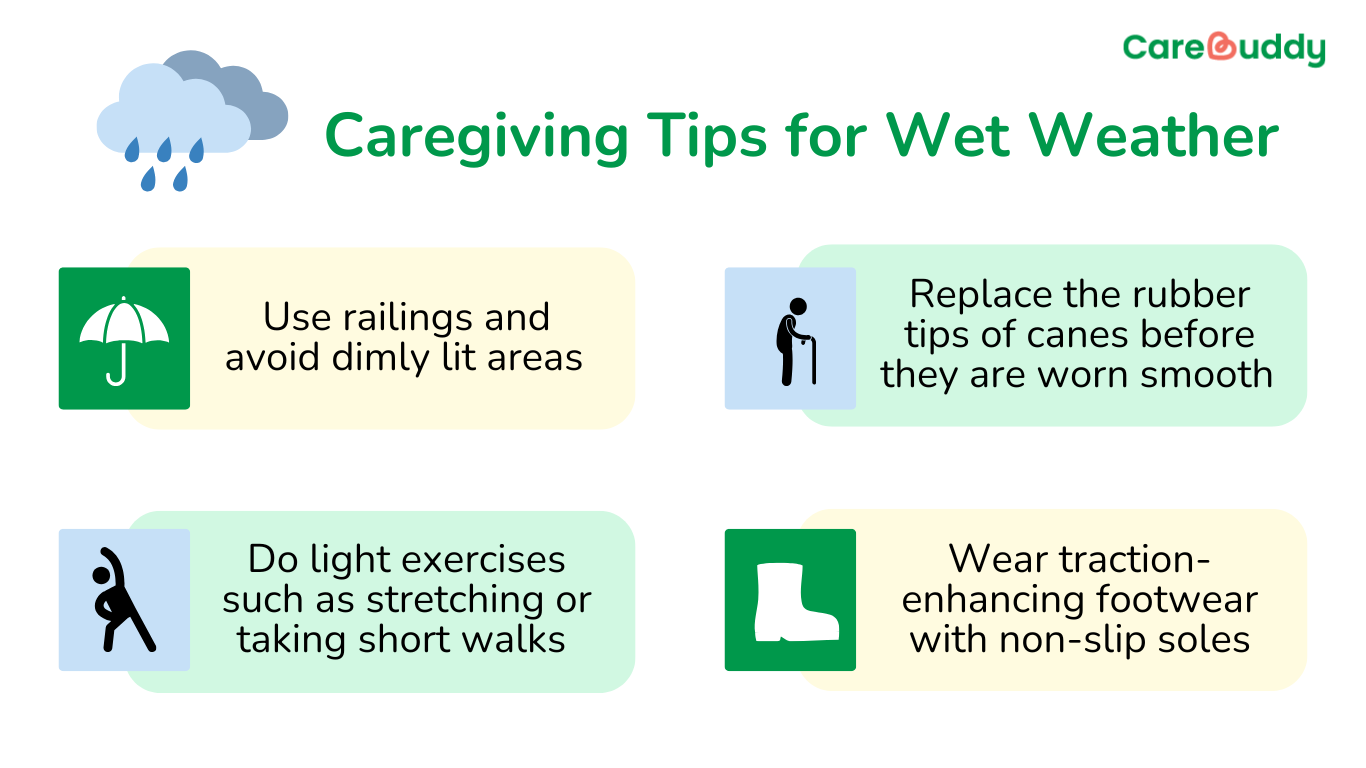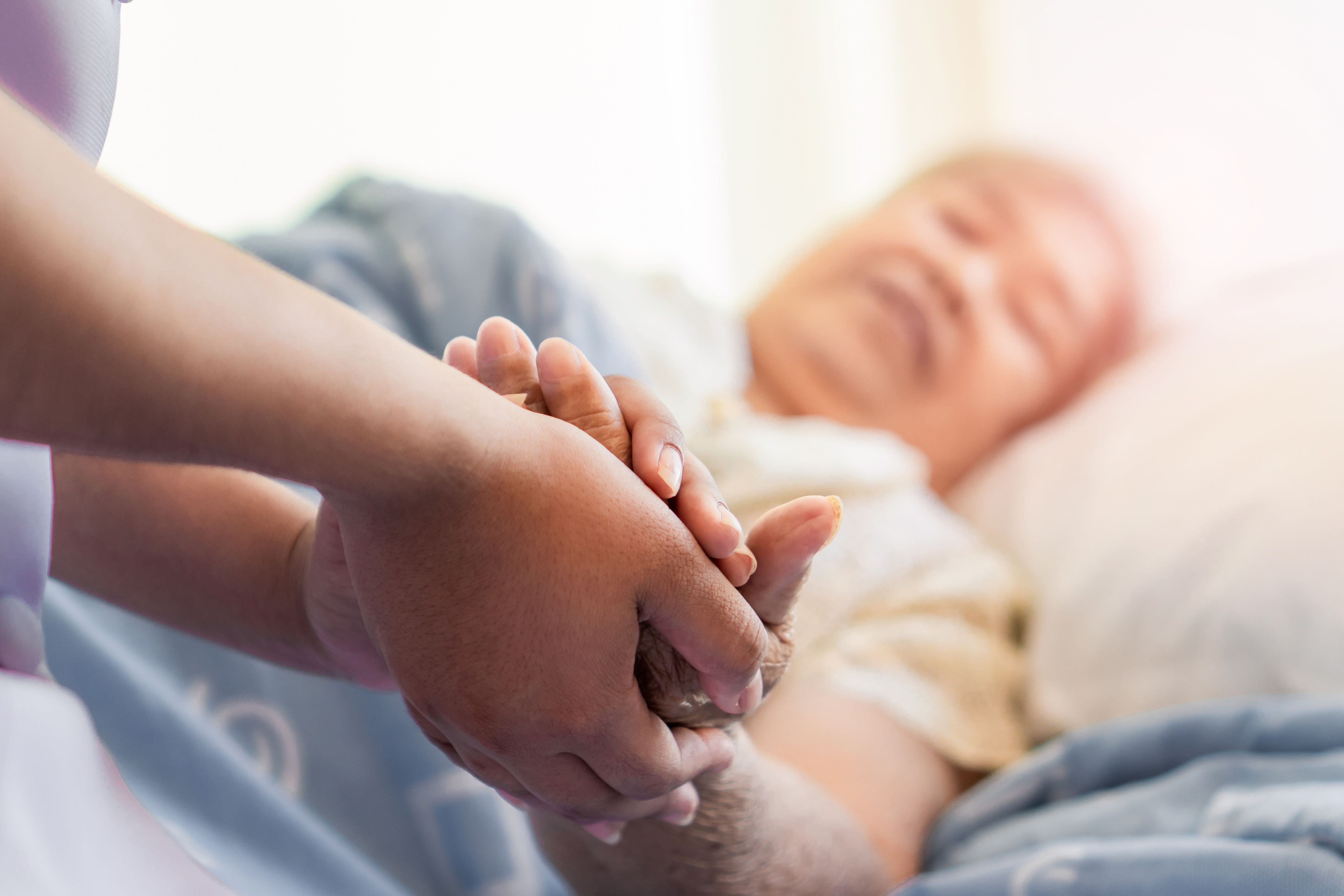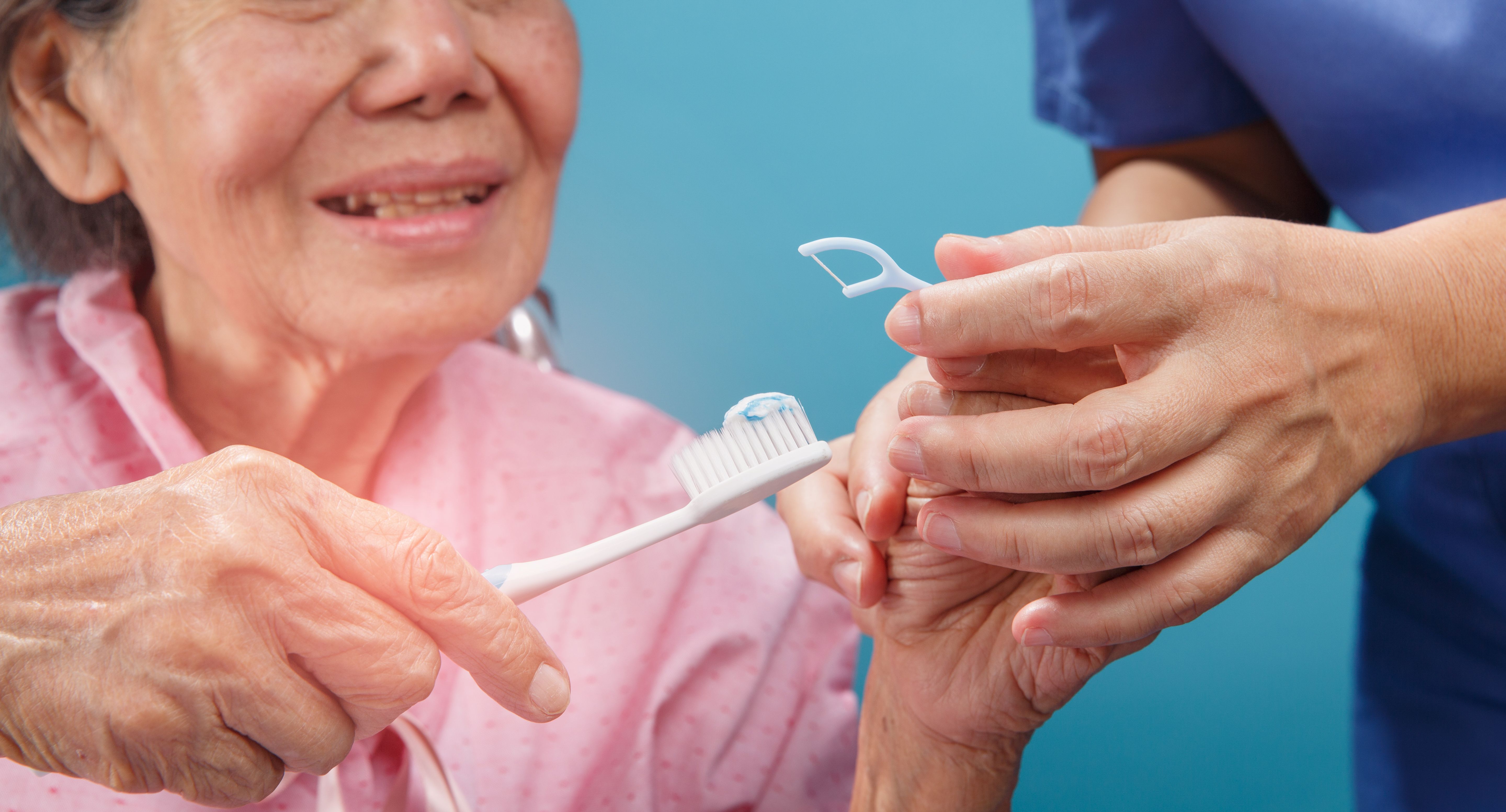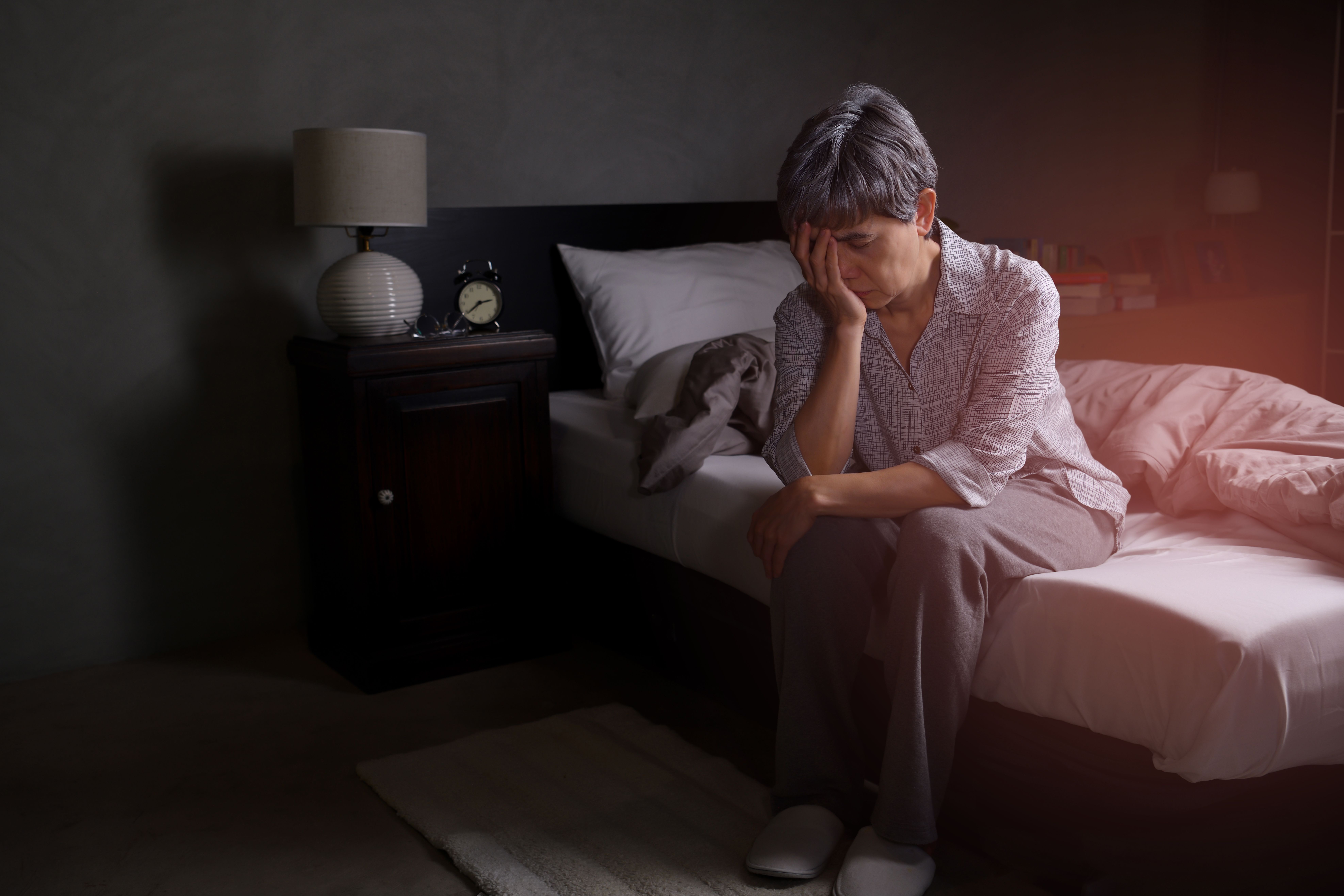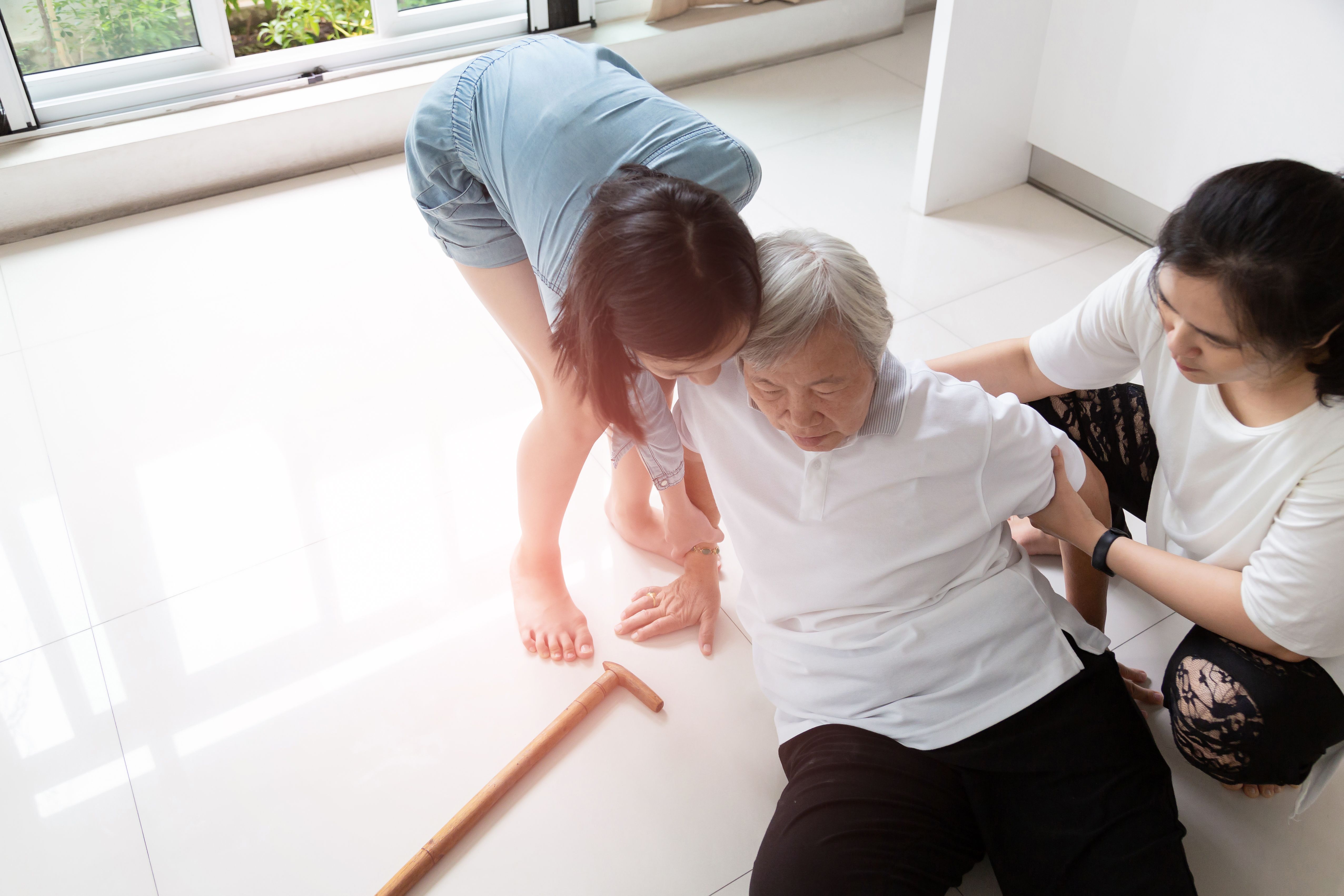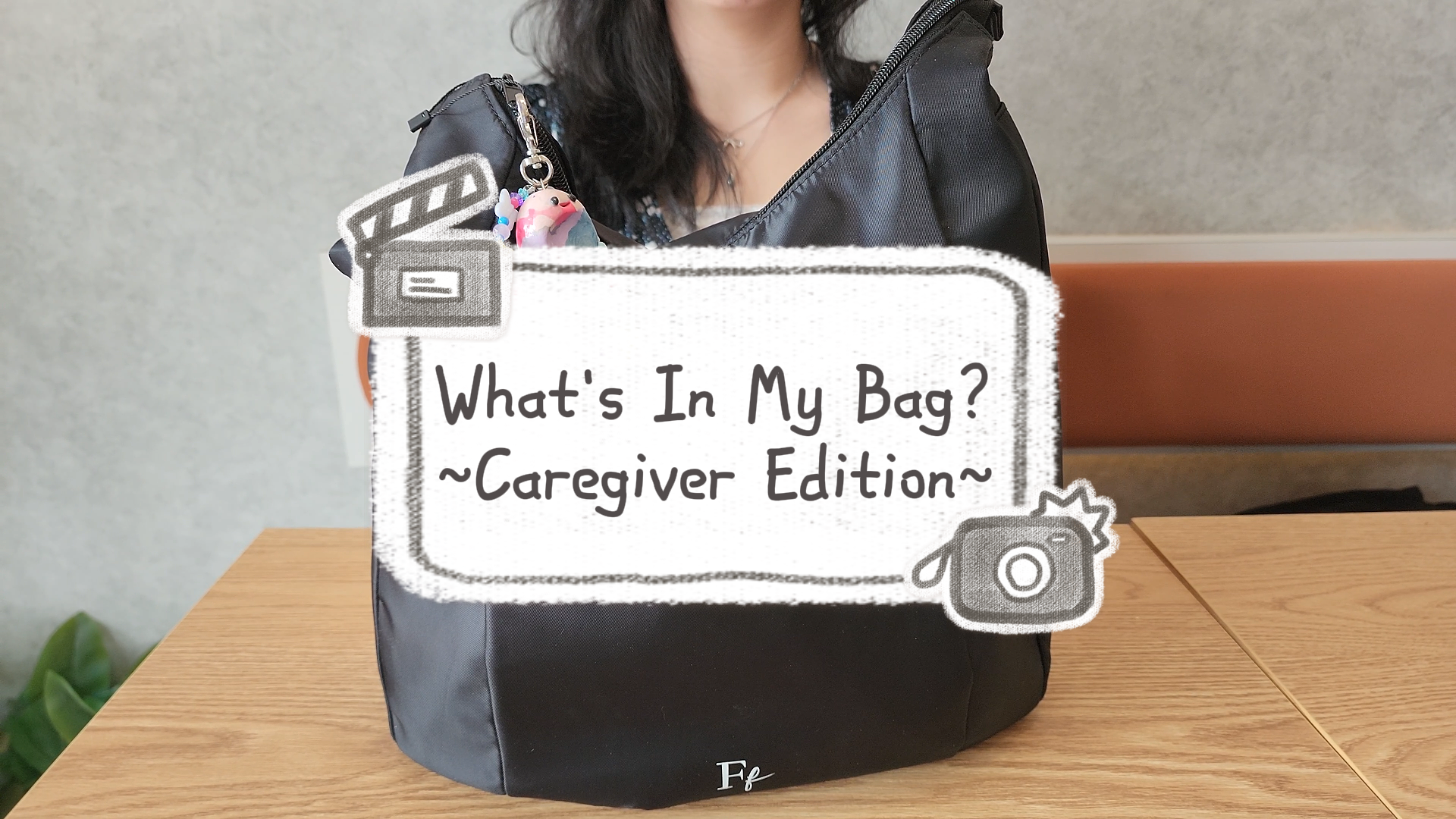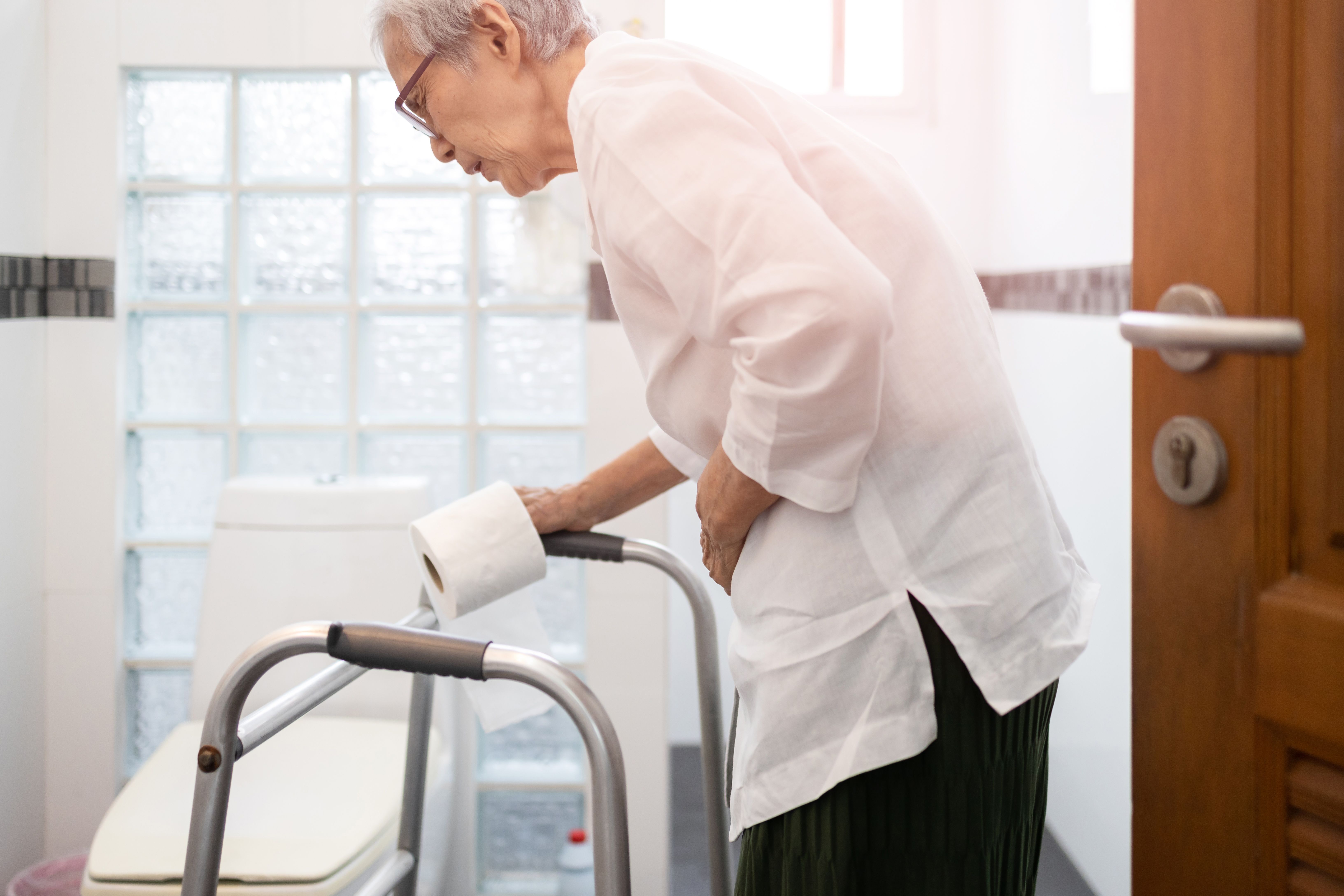Identifying and treating urinary complications in the elderly
- CareBuddy
- 4 Mins Read
- 20 Sep 2022
- Elderly Care
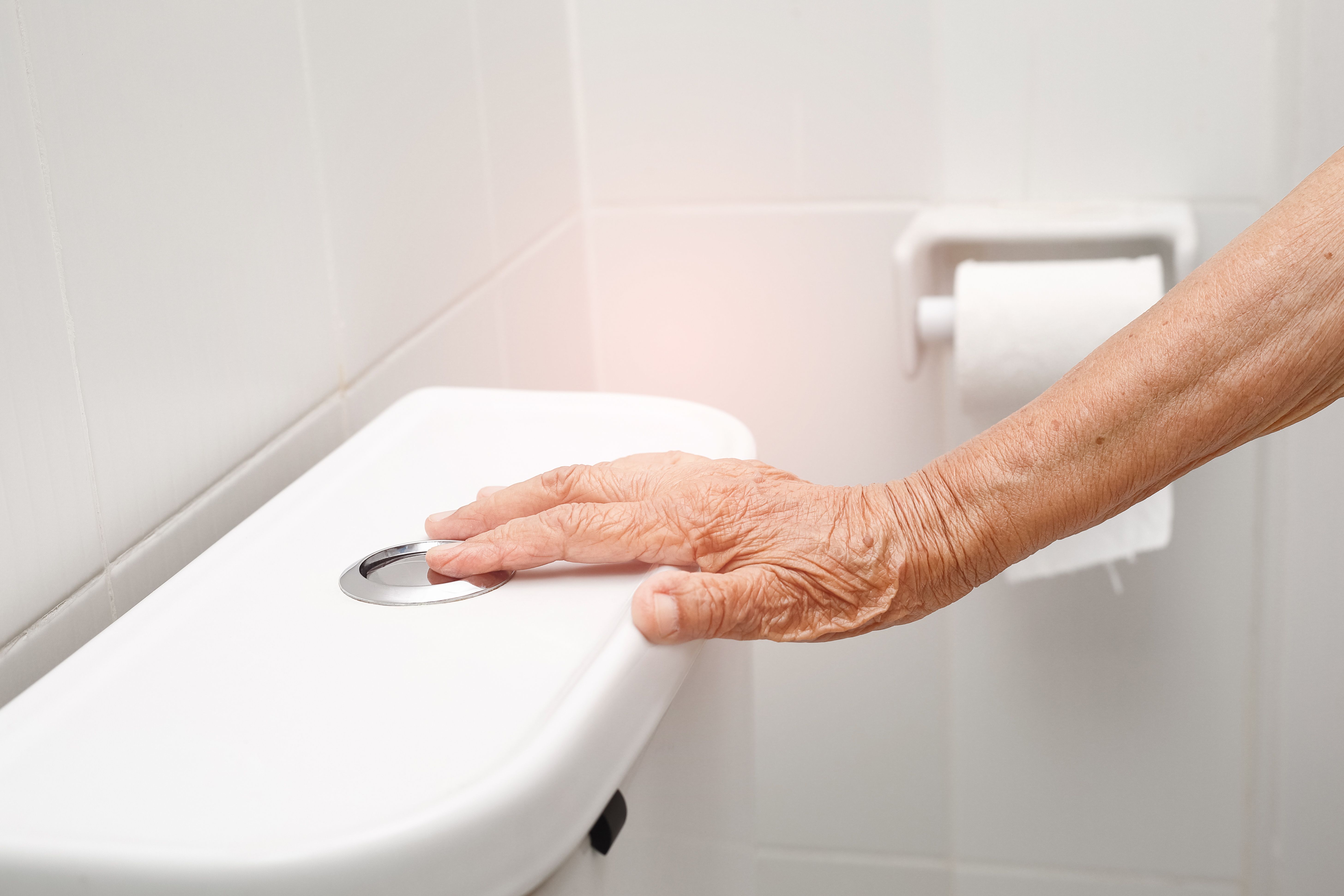
Several conditions can cause more frequent or difficulty in urination. The fact that some of these conditions are more common in elderly care receivers mean that caregivers of elderly care receivers need to watch out for them.
Diabetes
When a care receiver has too much sugar in their blood due to diabetes, their kidneys need to work extra hard to dispose of the excess sugar and this can lead to more frequent urination.
The best way to avoid this is to help a care receiver prevent diabetes or help them get the right treatment in case they already have it. Find out how you can prevent or treat diabetes at [Link to our diabetes article]
Urinary tract infection
Many other persons are more prone to be constipated owing to medication use and immobility. When an older care receiver is constipated, there is a tendency to develop urinary retention and consequently a urinary tract infection.
Symptoms include
- Fever
- Foul-smelling urine – very different from the usual smell on diaper-changing
- Pus or blood in the urine or blood-stained urine on the diapers
- Delirium and vomiting
- Visible hard lump over the lower abdomen (possibly urinary retention)
Caregiver should refer the care receiver to health professionals (doctor or nurse) for further evaluation and prompt treatment if they suspect that he/she has a urinary tract infection.
Prostate enlargement in men
The prostate is a gland located between the bladder and the penis. If the prostate enlarges, this can cause urinary complications. Elderly men have a higher chance of experiencing prostate gland enlargement than younger men, so if you are providing care for an elderly male care receiver, look out for symptoms of it.
Symptoms include
- More frequent urination, especially at night (nocturia)
- Difficulty starting urination
- Weak urine stream or a stream that stops and starts
- Inability to completely empty the bladder
Treatment options include
- Medication
- Nutritional supplements
- Surgery (if medication and supplements are not effective)
Bladder inflammation in women
Also known as cystitis, bladder inflammation can be caused by bacterial infections (such as UTI), drugs, radiation, or some chemicals found in bubble baths and feminine hygiene sprays. Menopause is one of the risk-factors for cystitis, so if you’re providing care for an elderly female care receiver, this is something to watch out for.
Symptoms include
- Frequent urination
- Passing small amounts of urine each time
- Pain or burning sensation during urination
- Strong-smelling urine
- Blood in the urine
While people of any age can have urinary complications, the elderly have some additional risk factors as we’ve seen above. Being alert to symptoms and referring the care receiver to a health professional for prompt treatment can prevent further complications and hospitalisation.
Article reviewed by David Tay, Senior Principal Educator (Nursing and Prehospital Care), HMI Institute.
